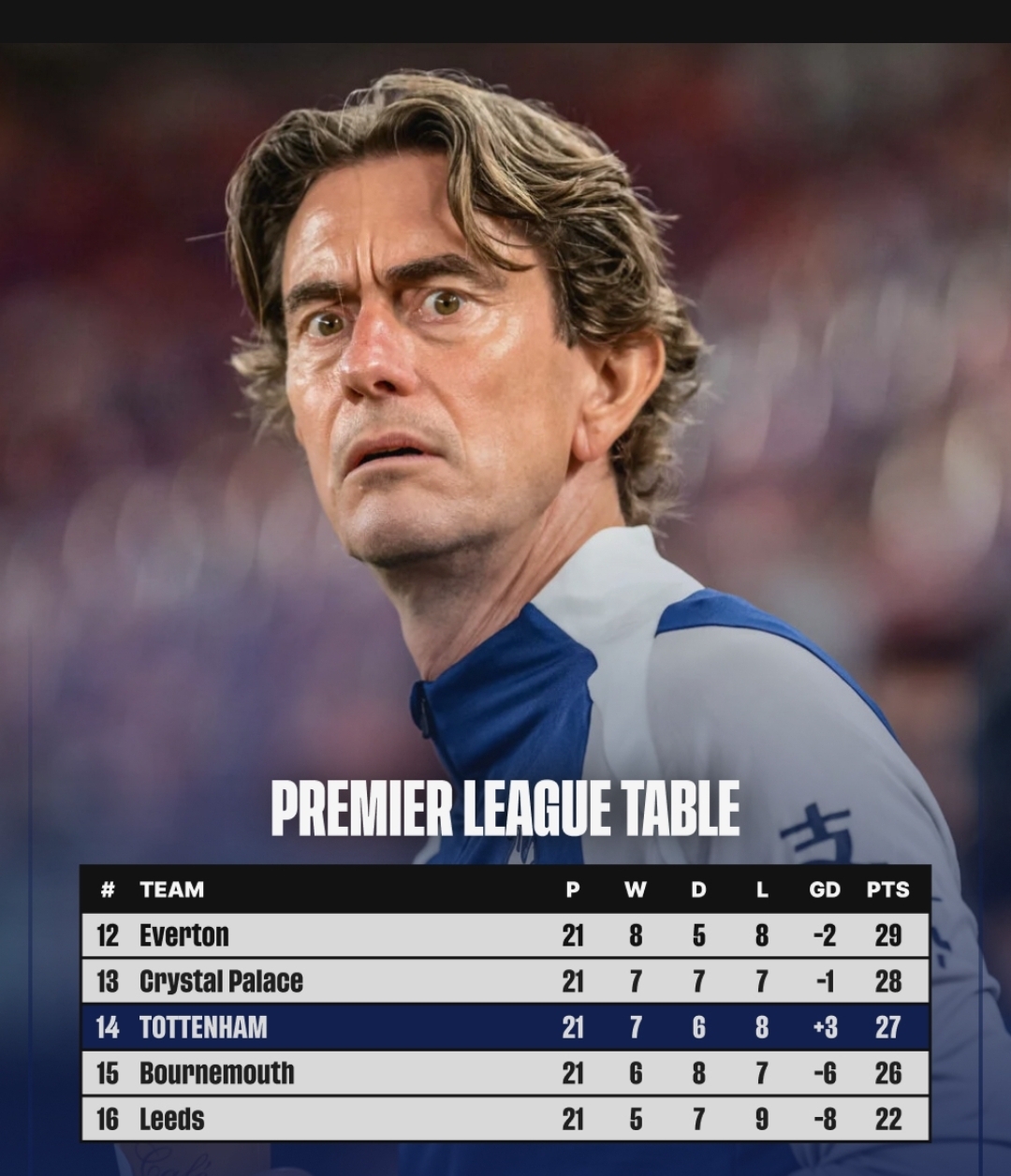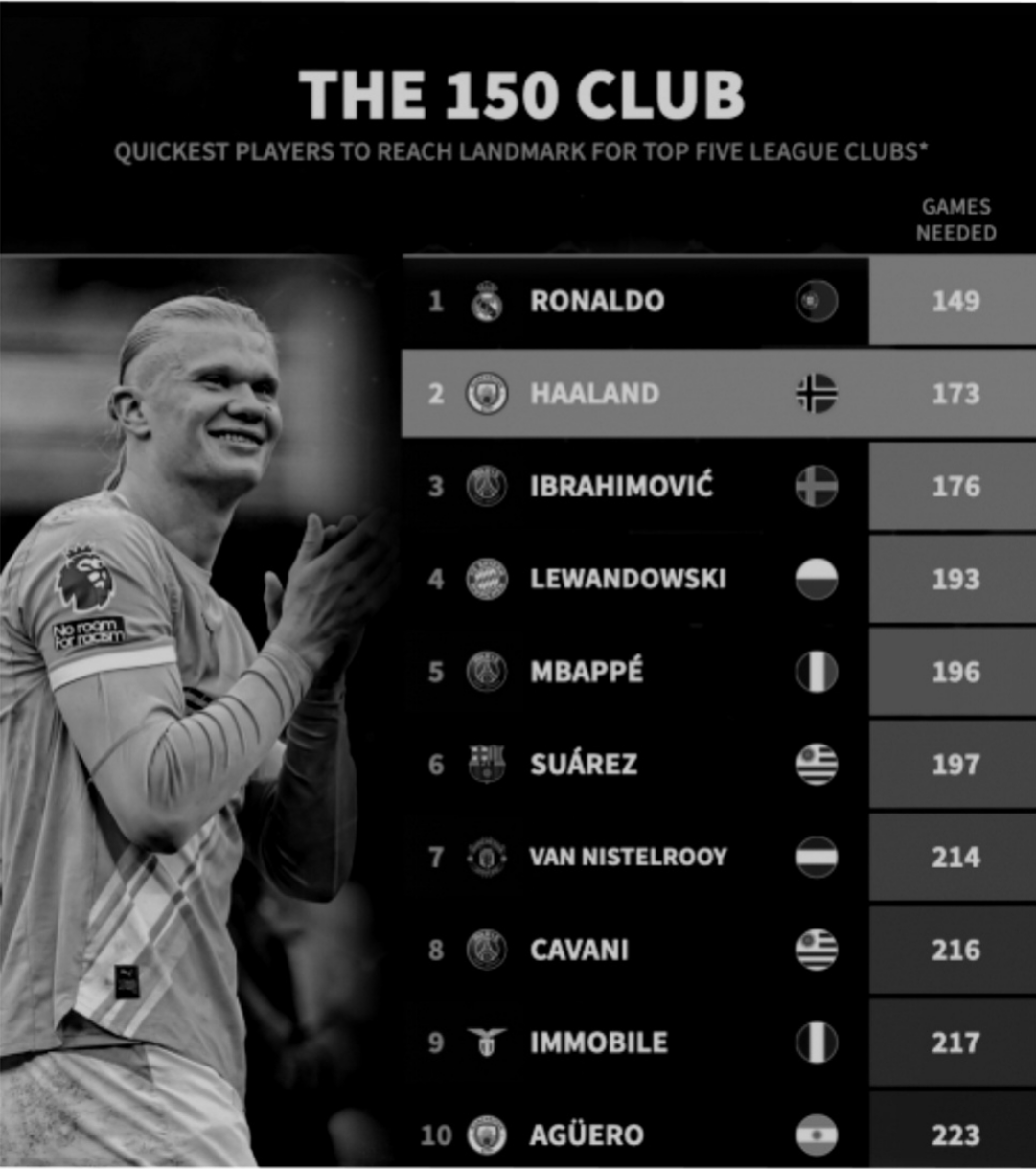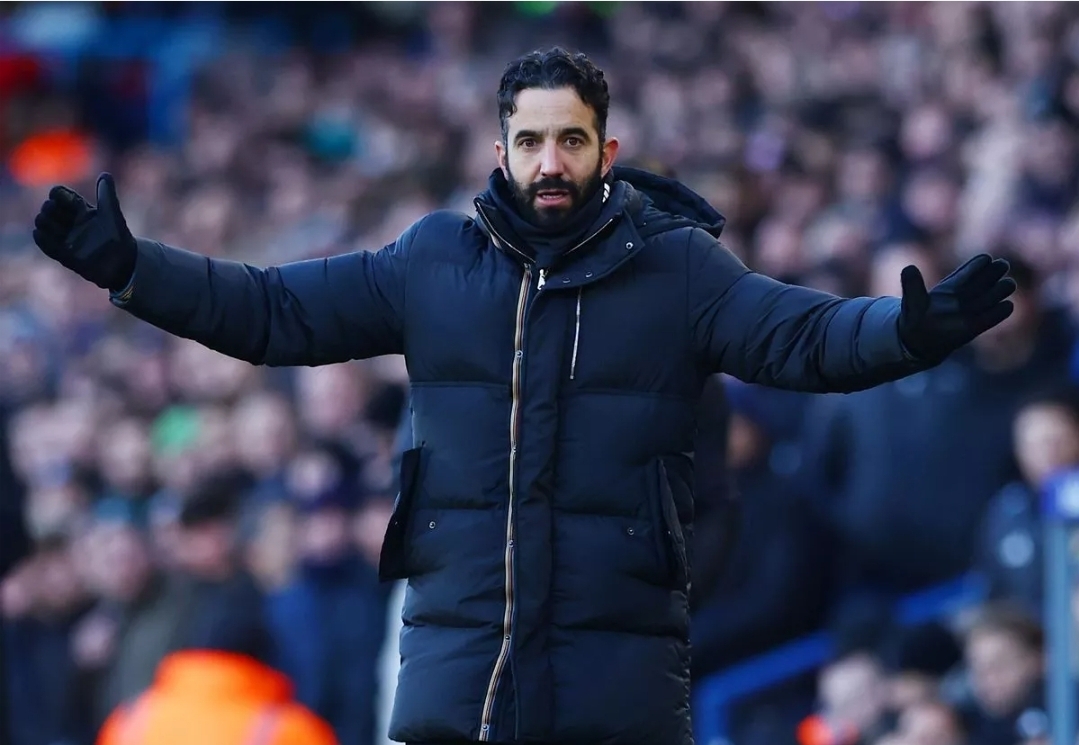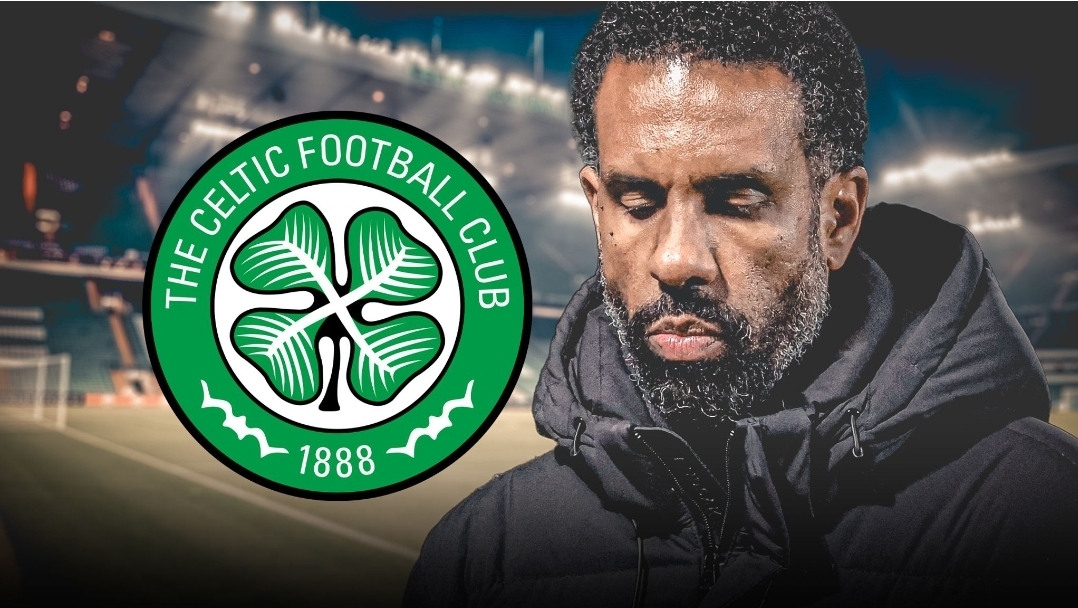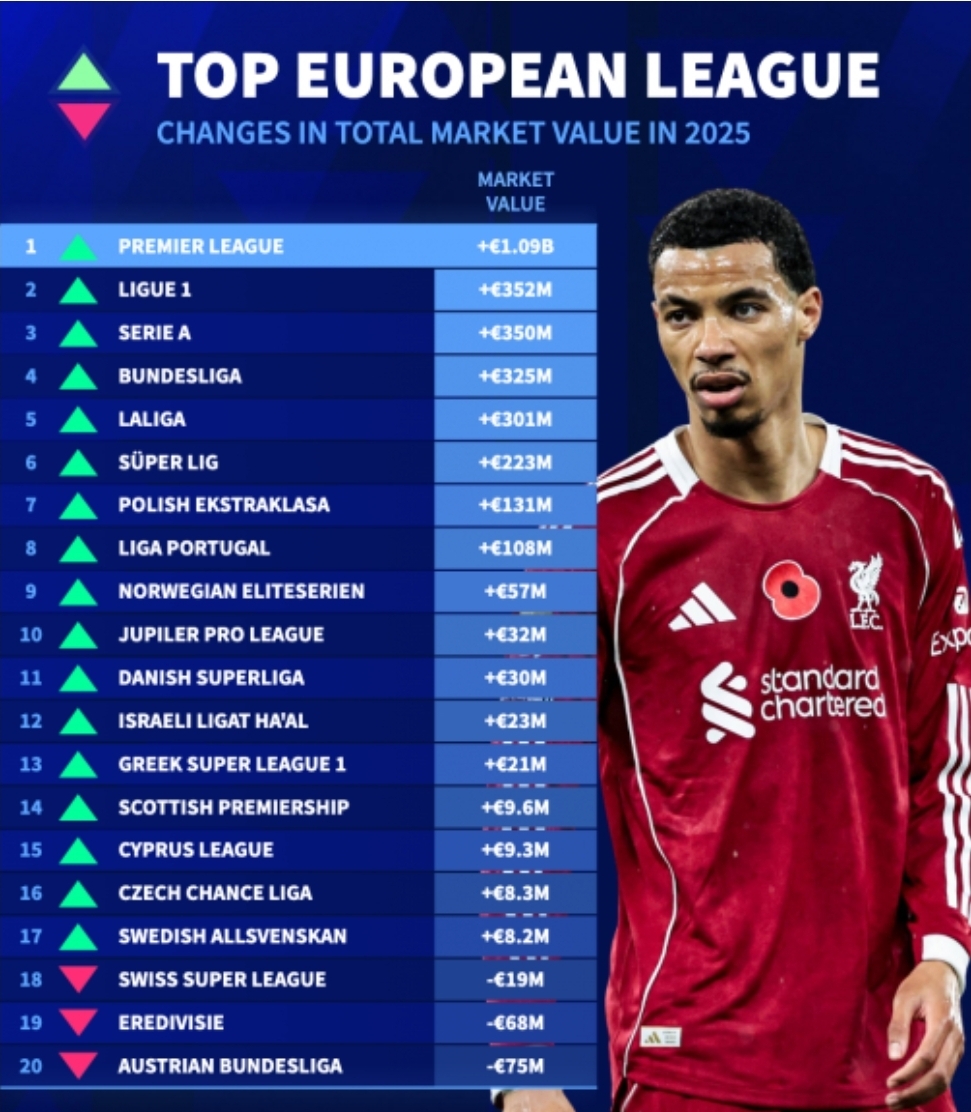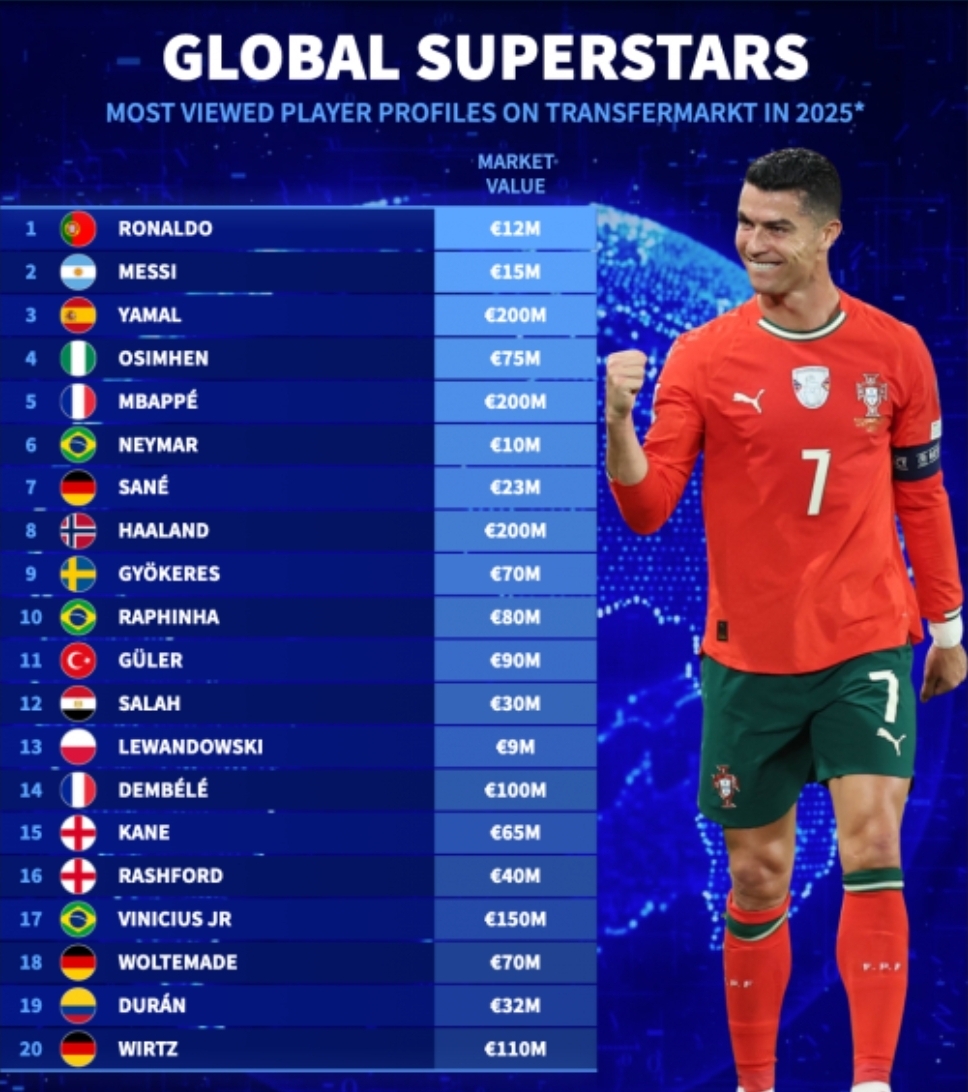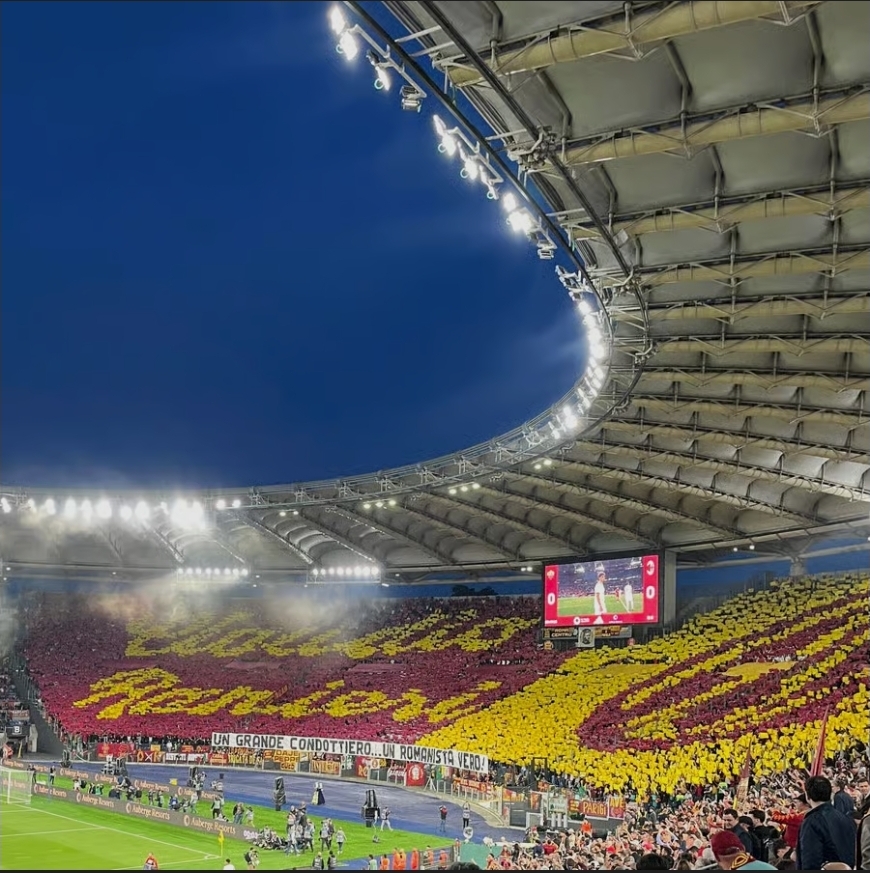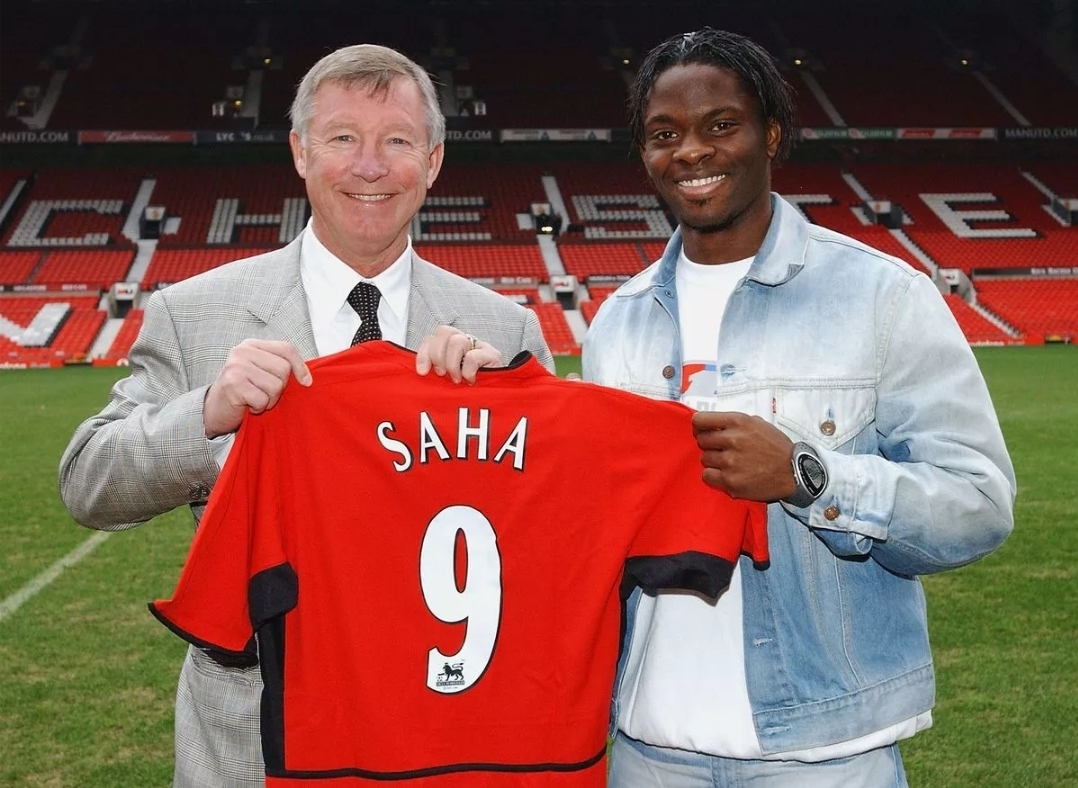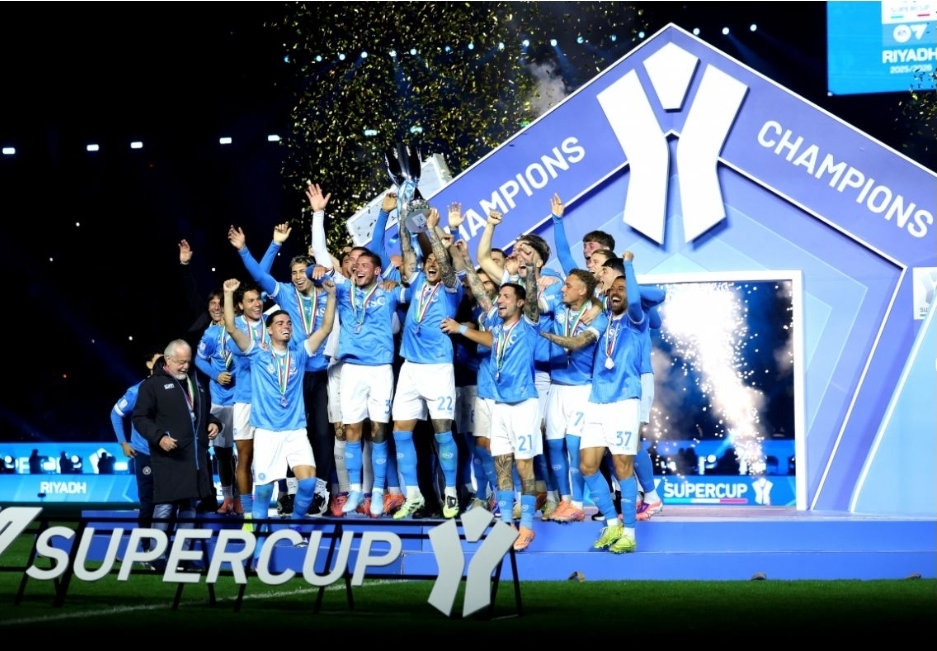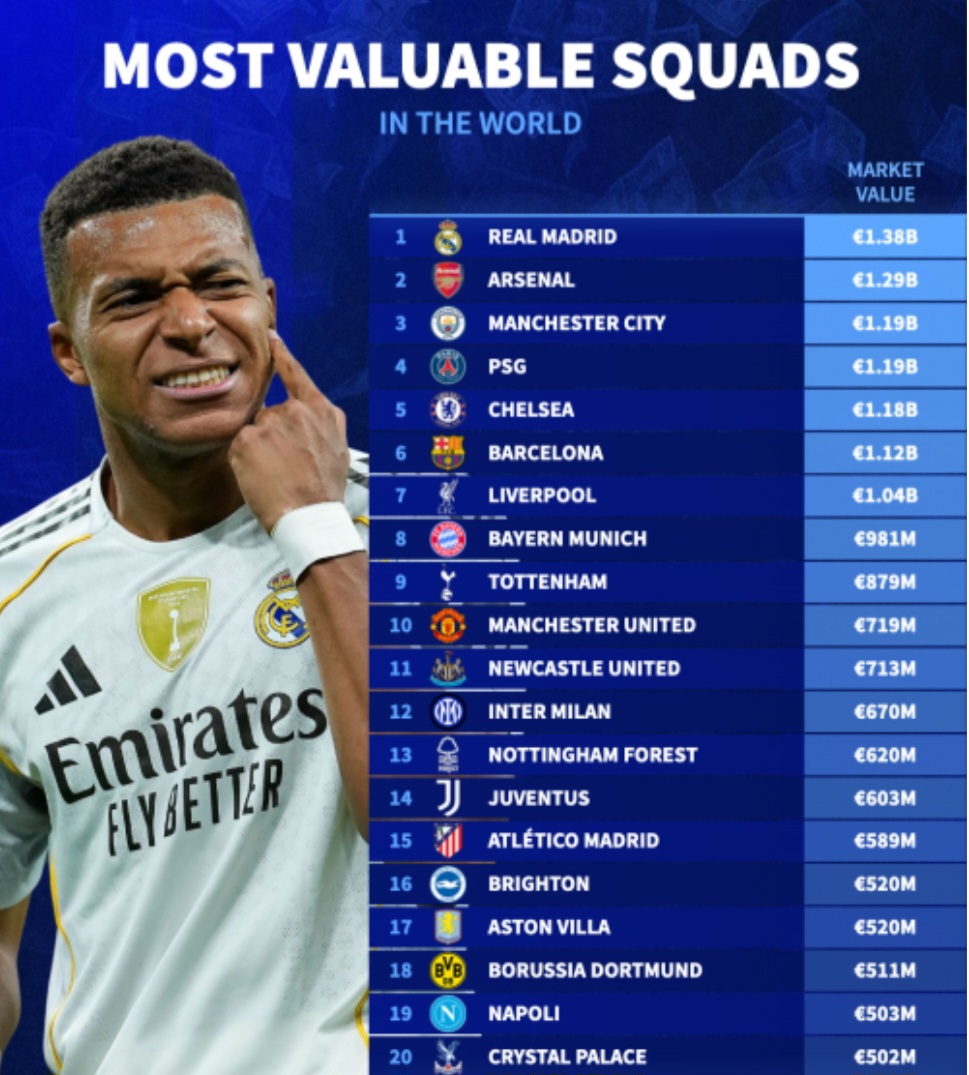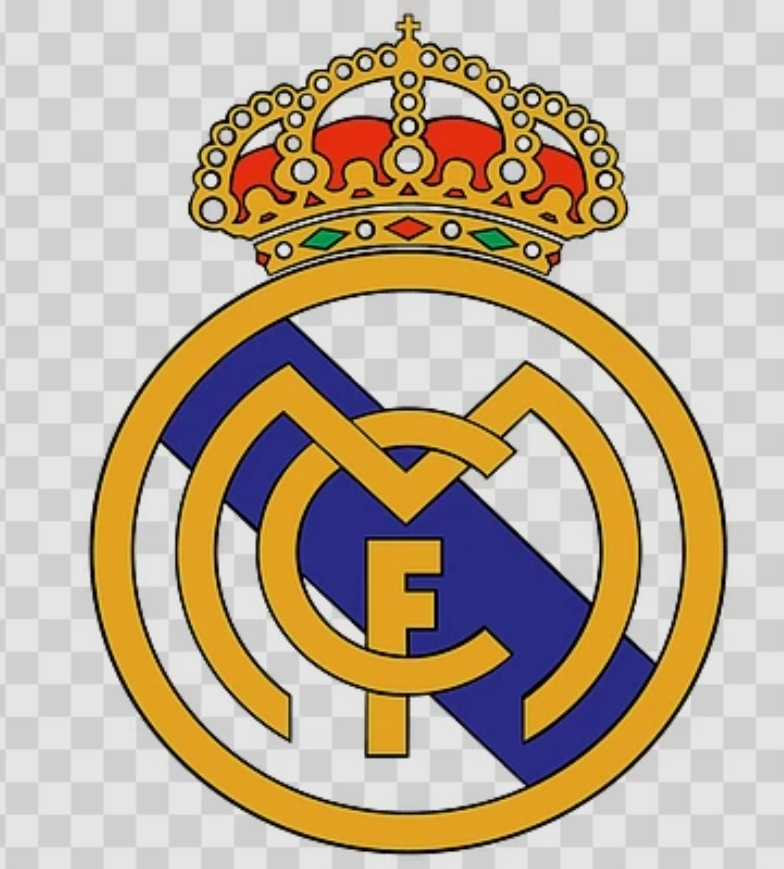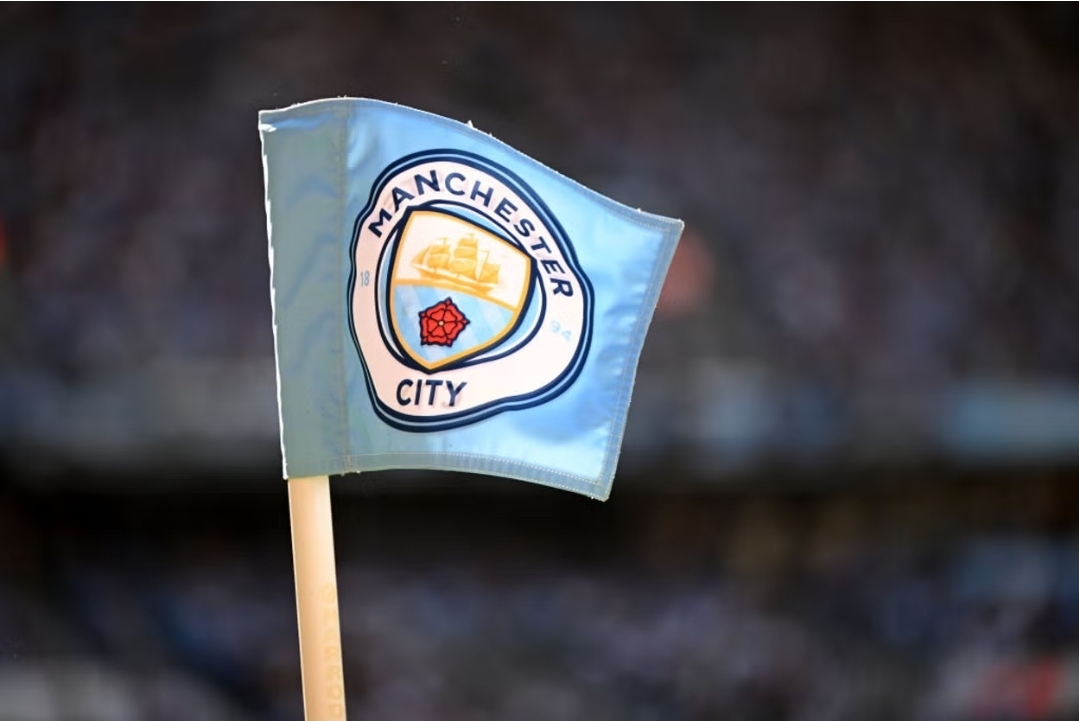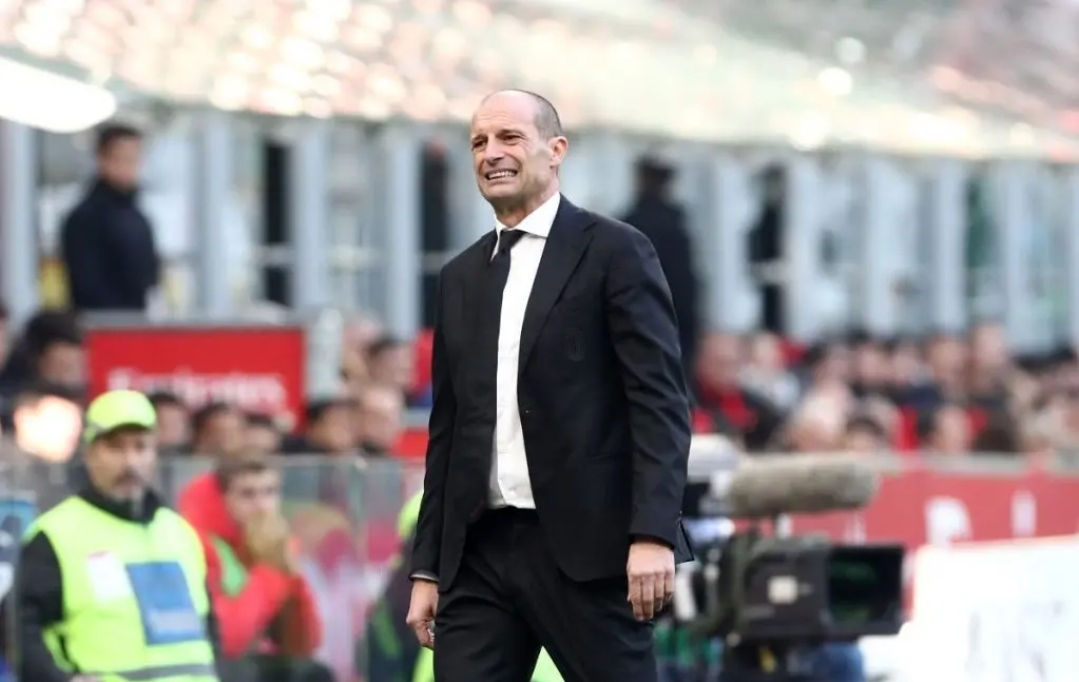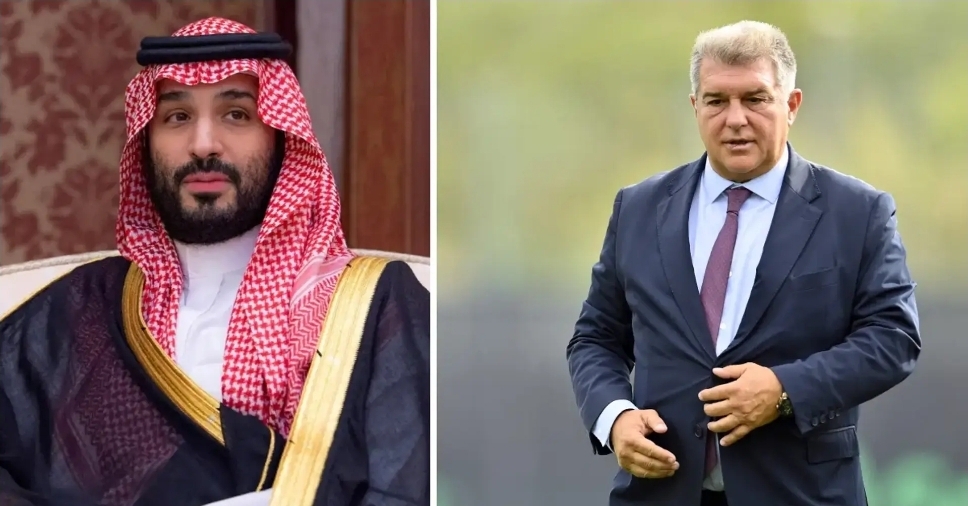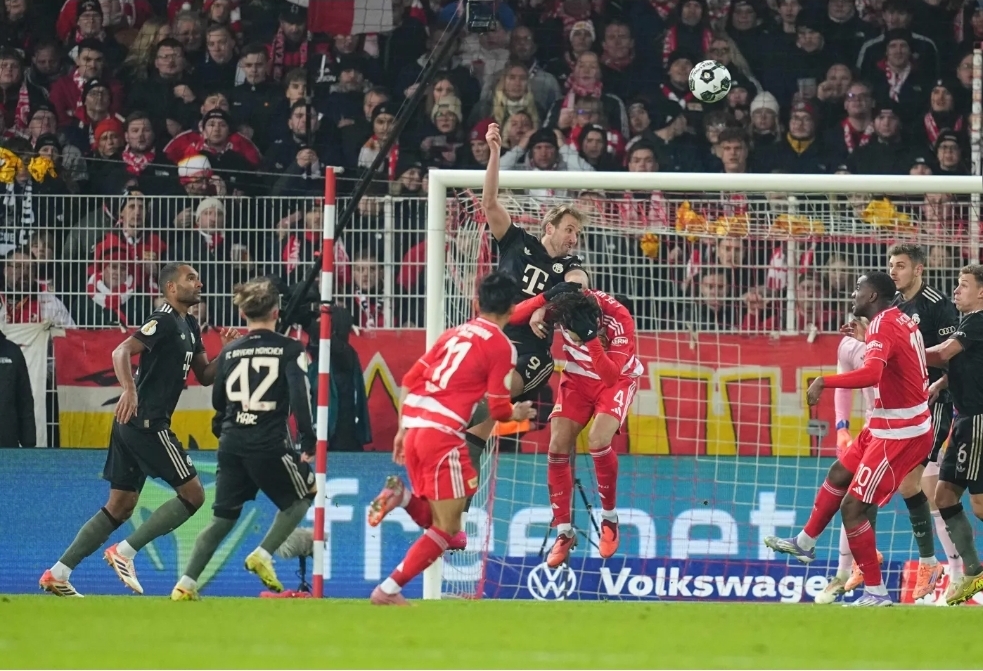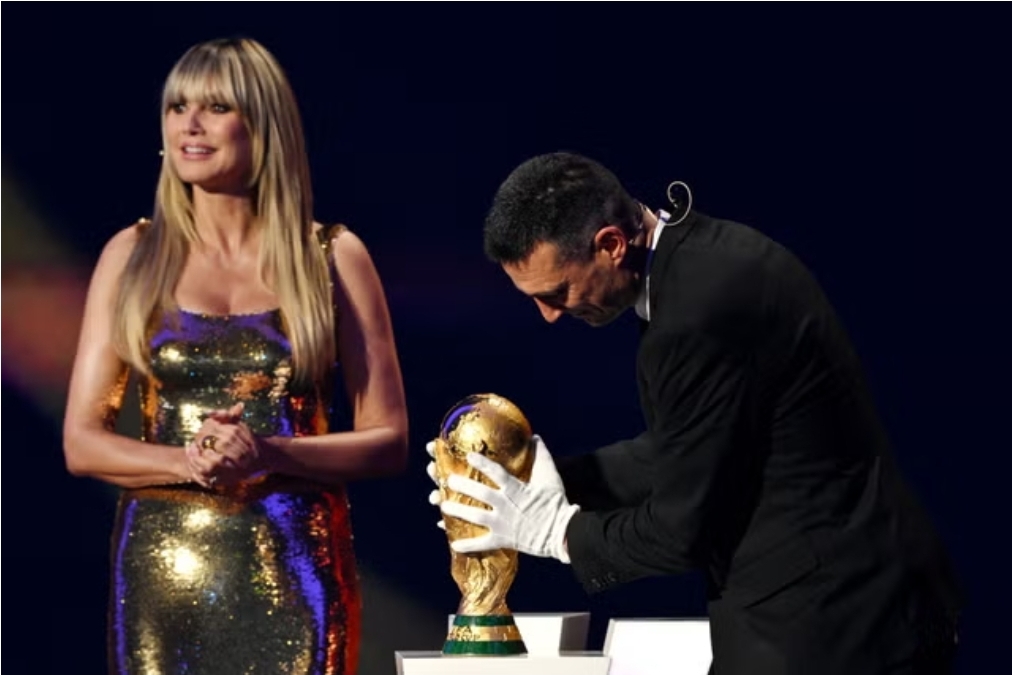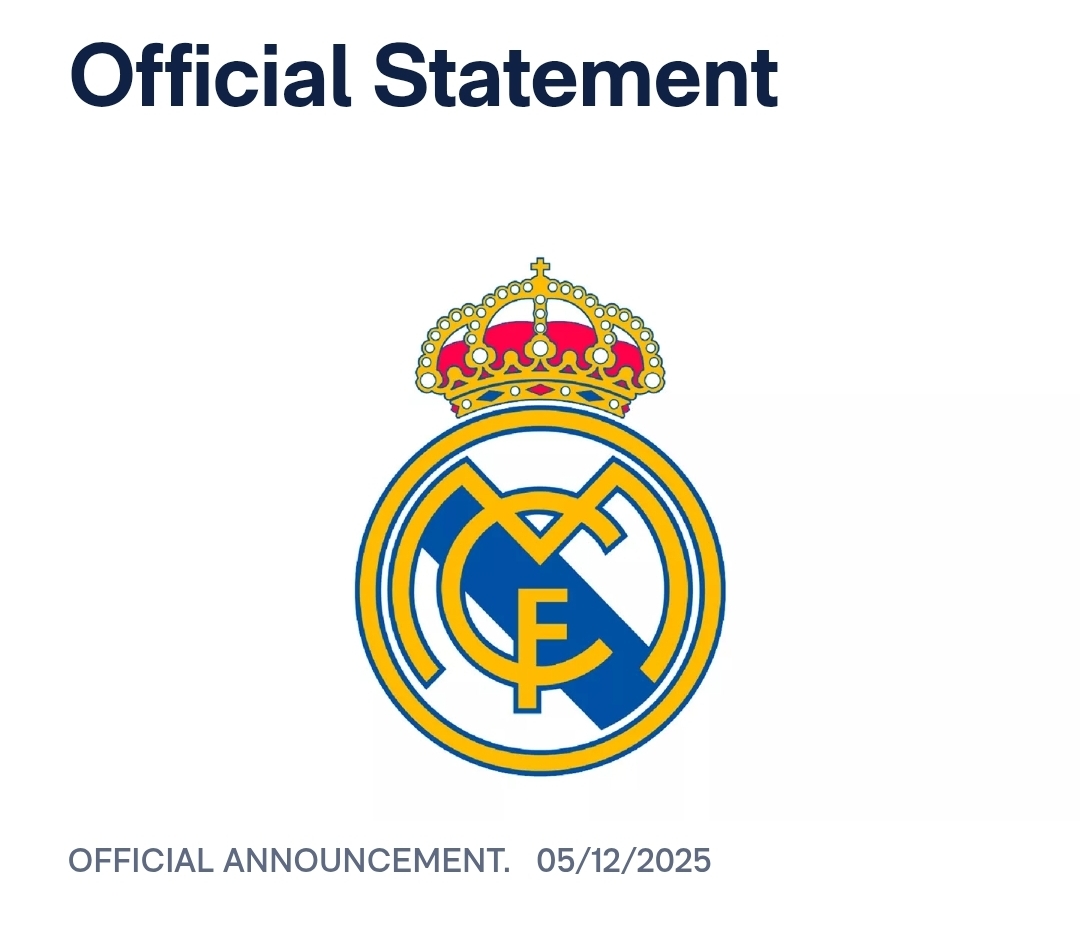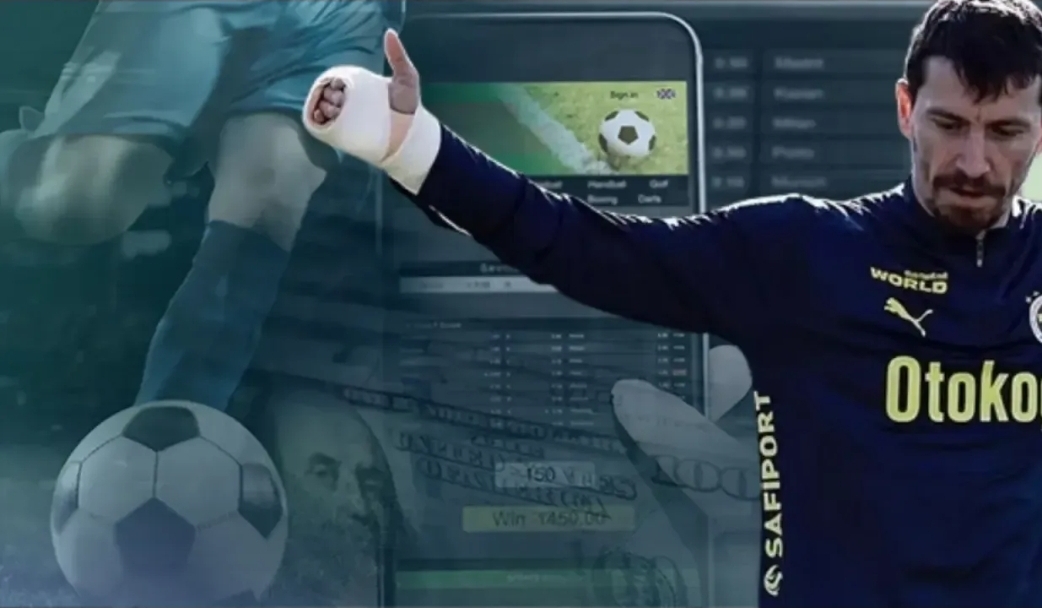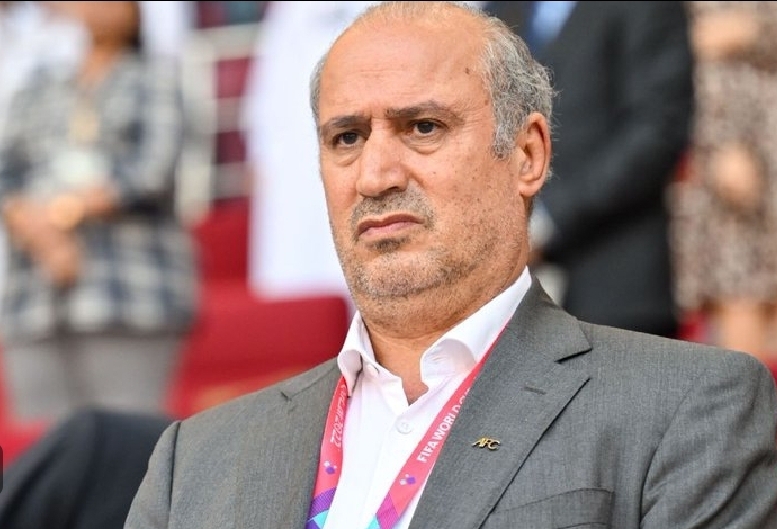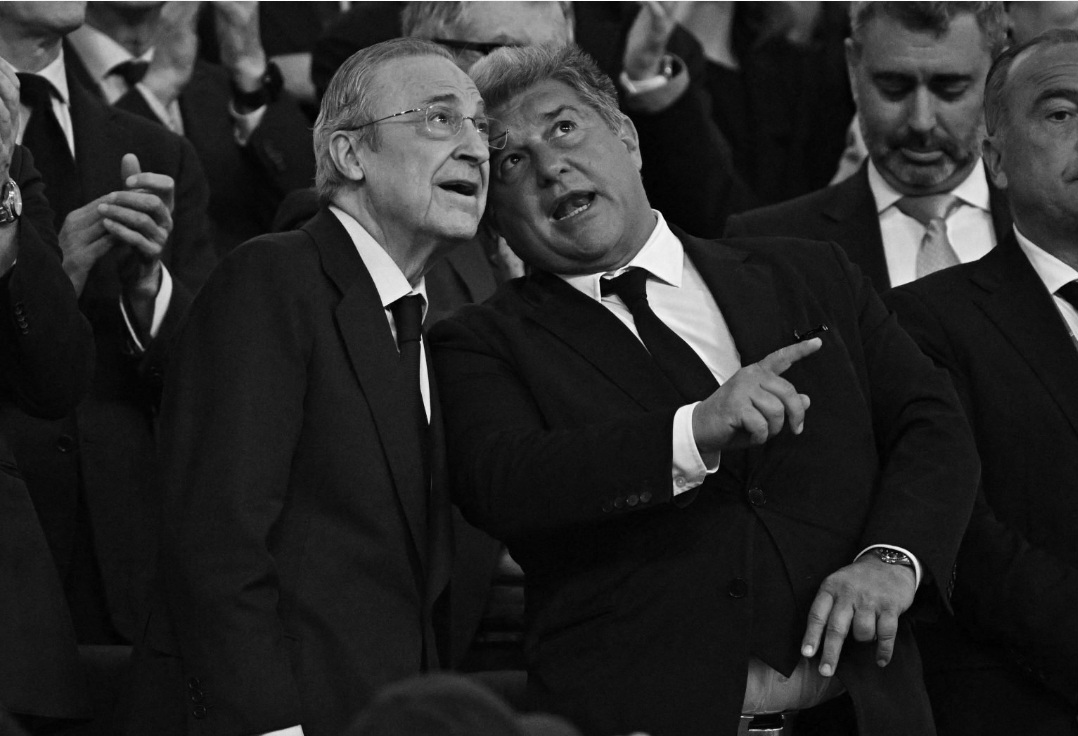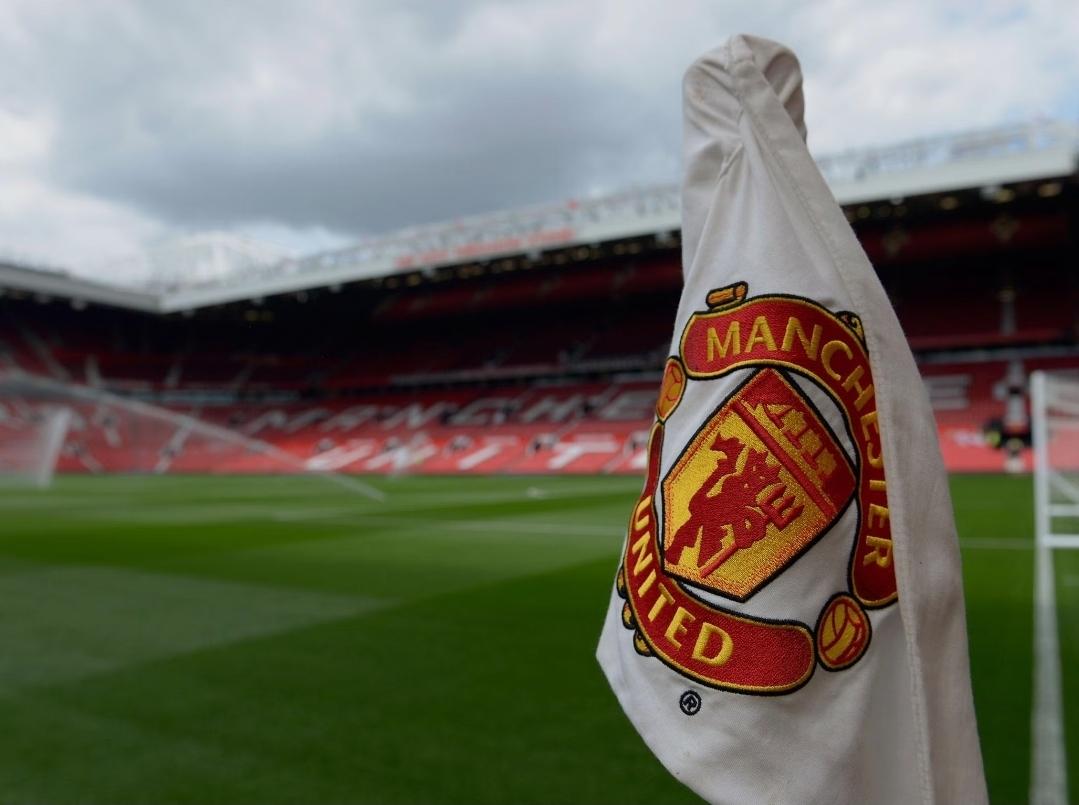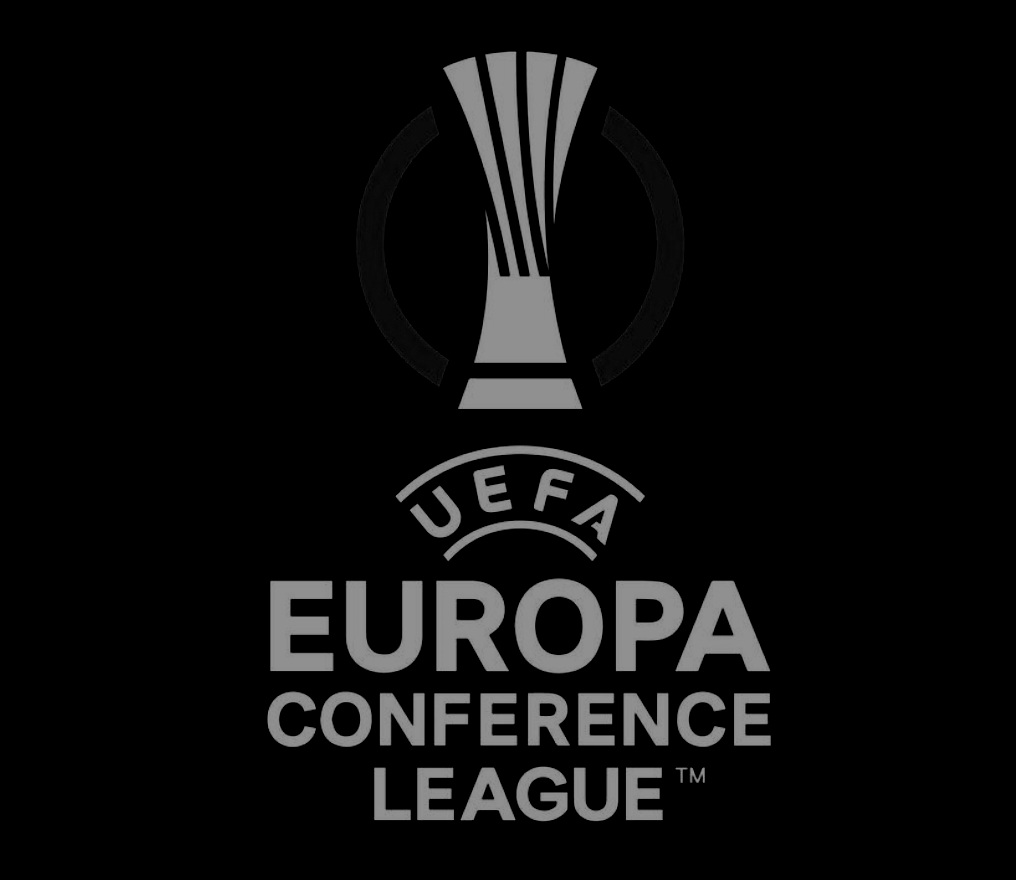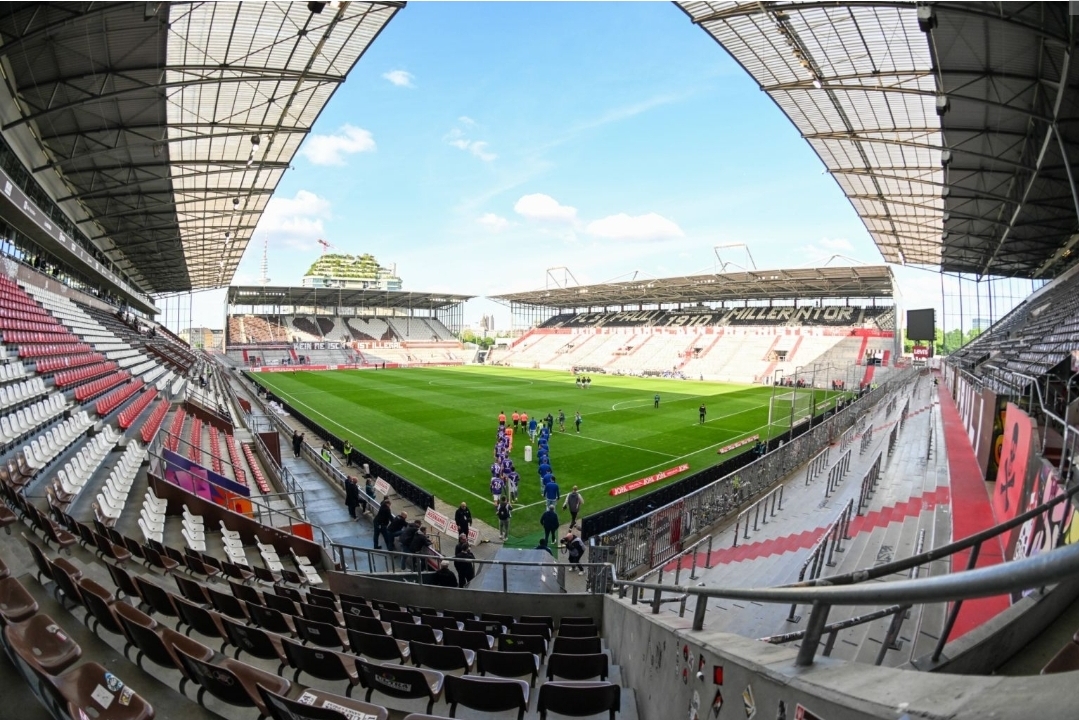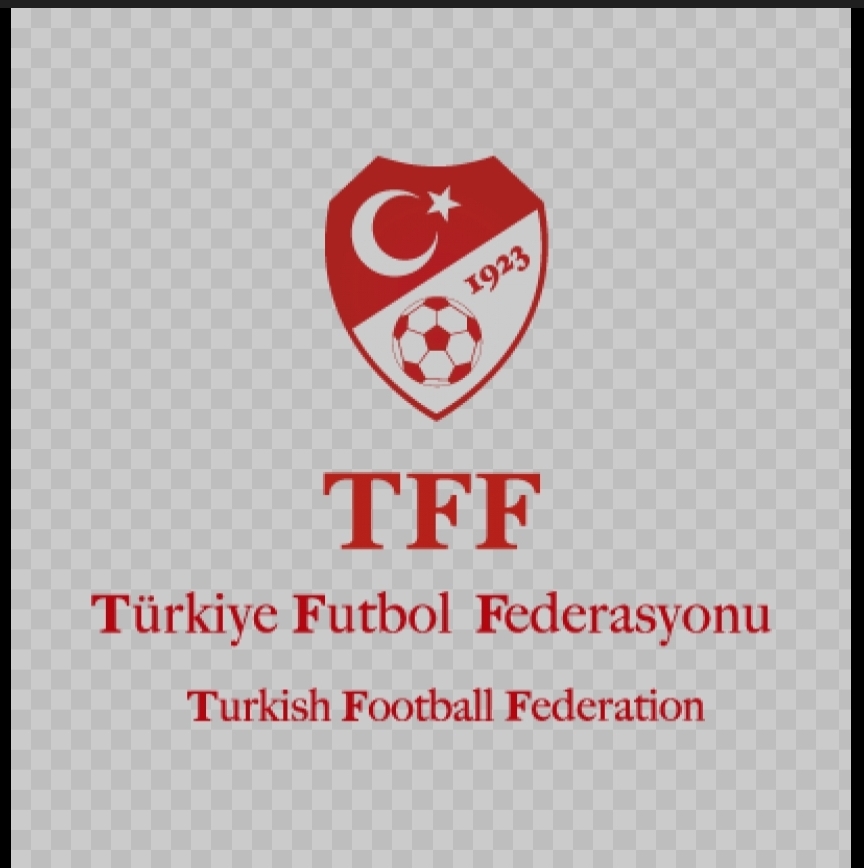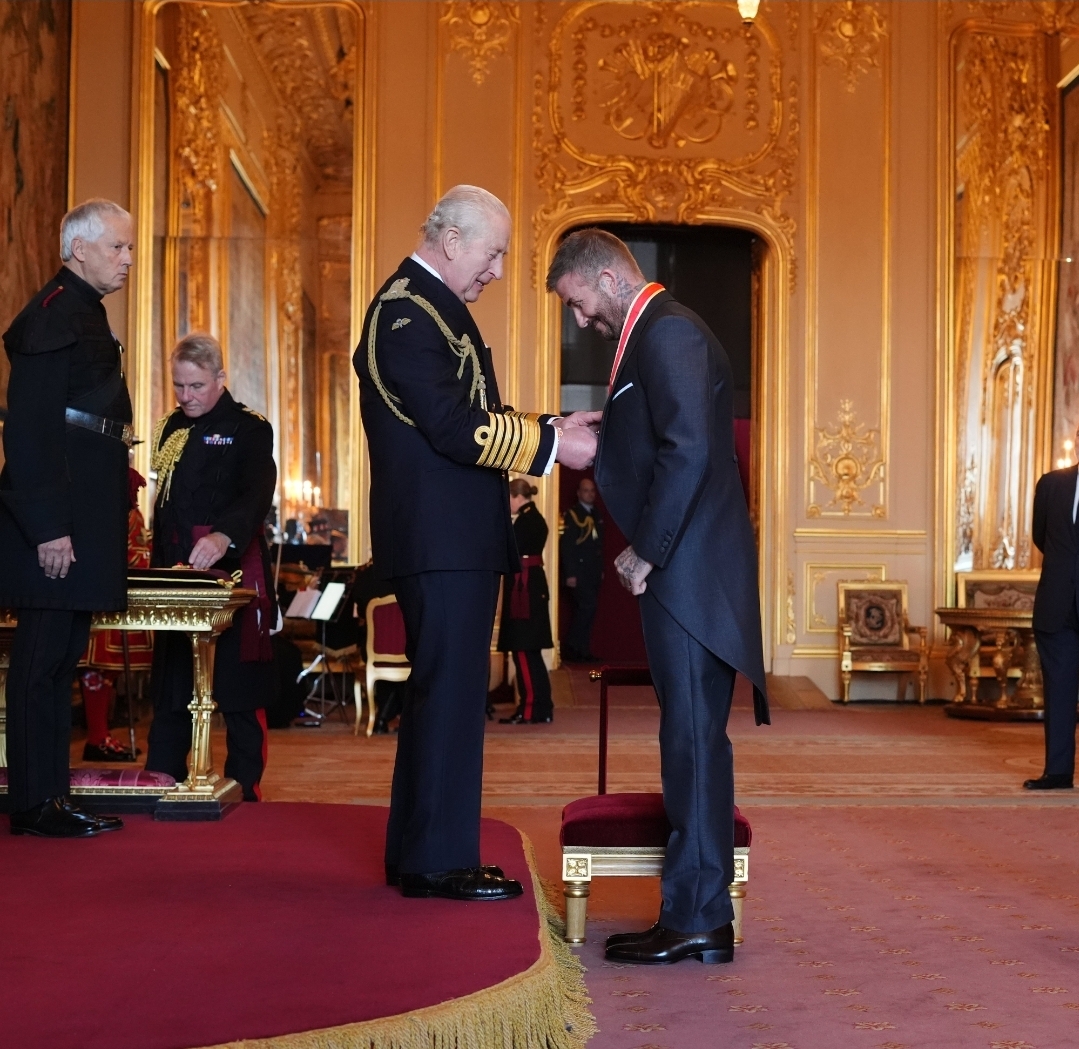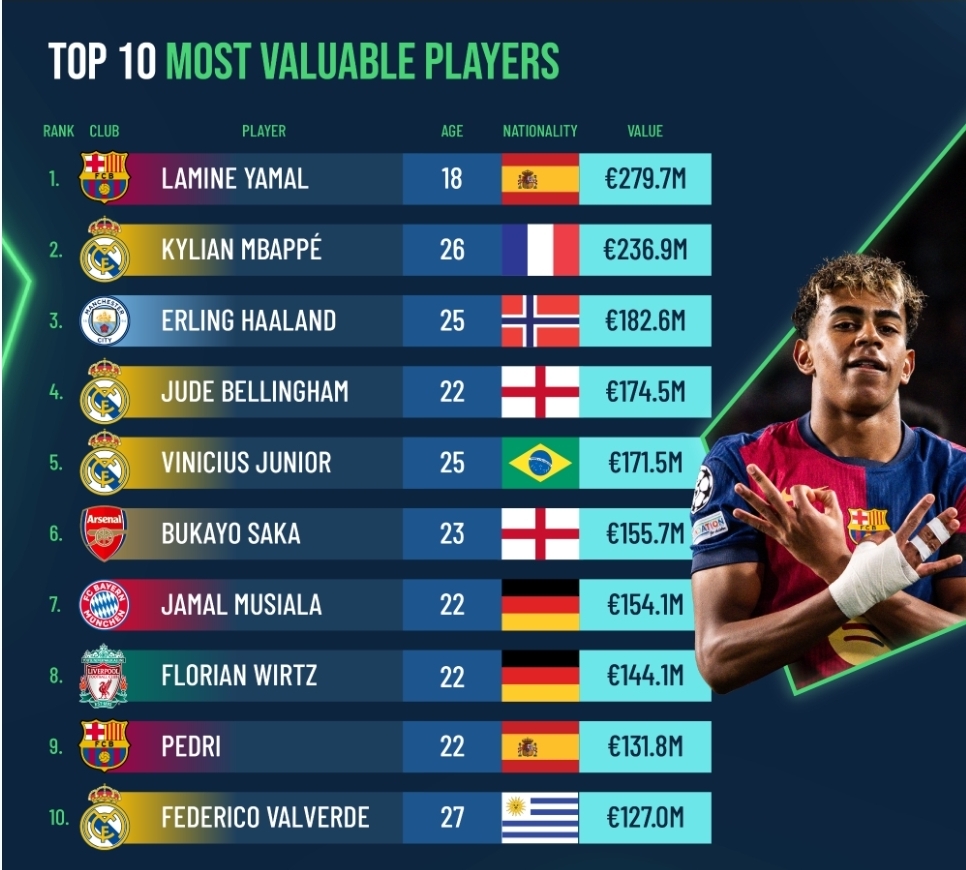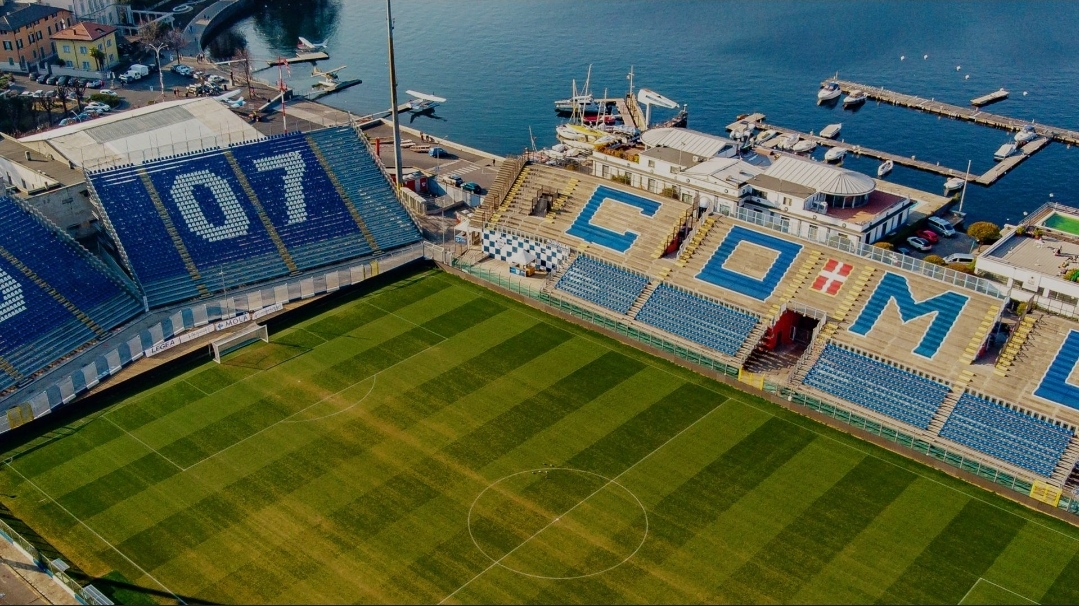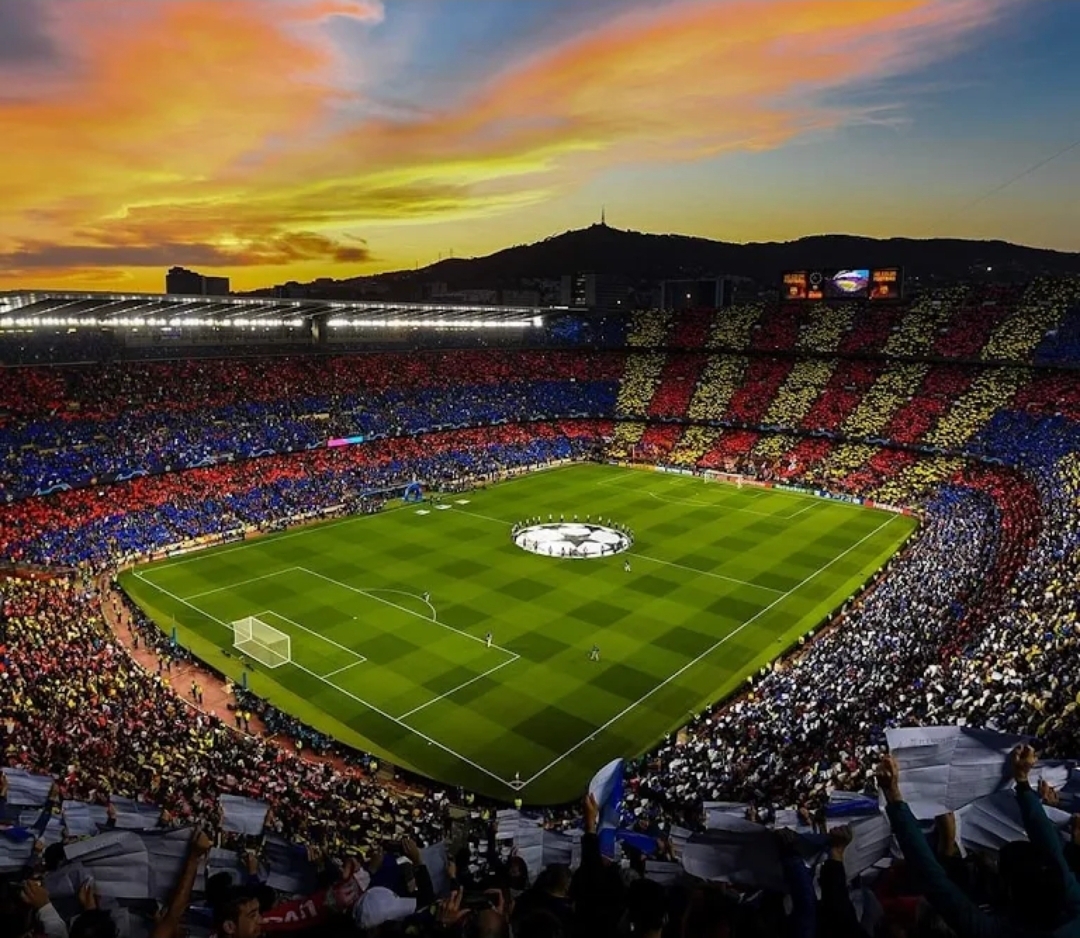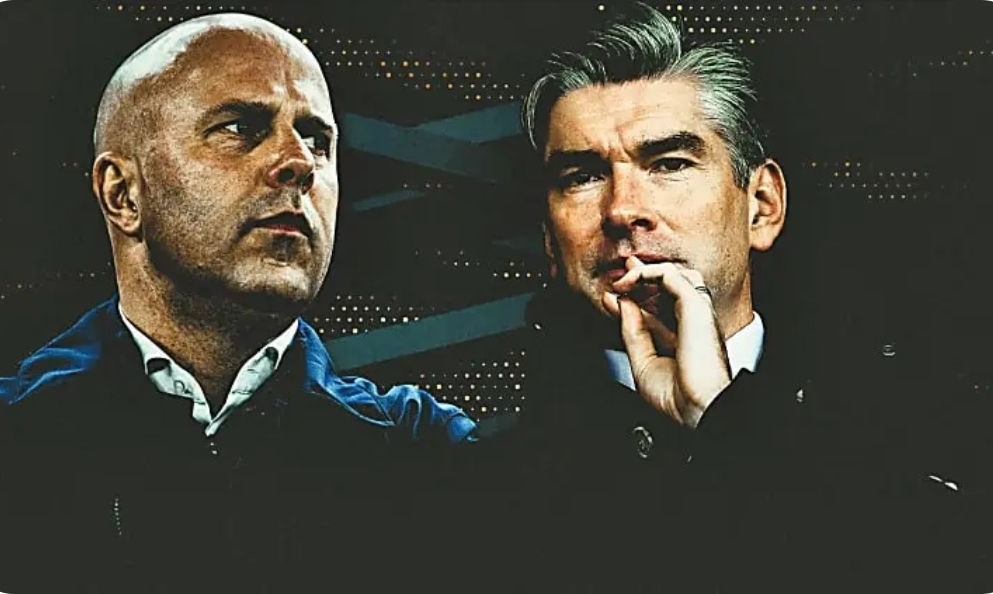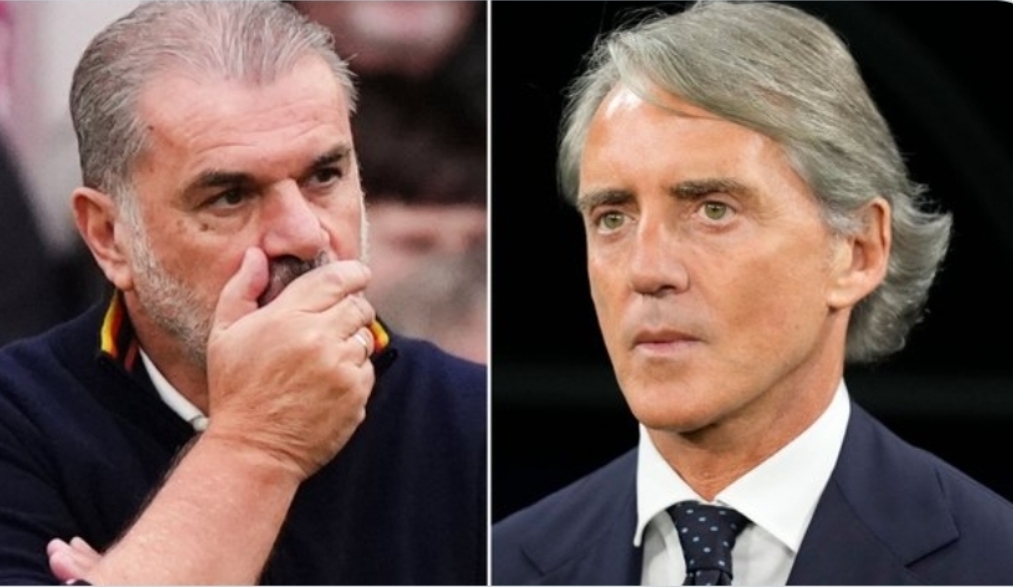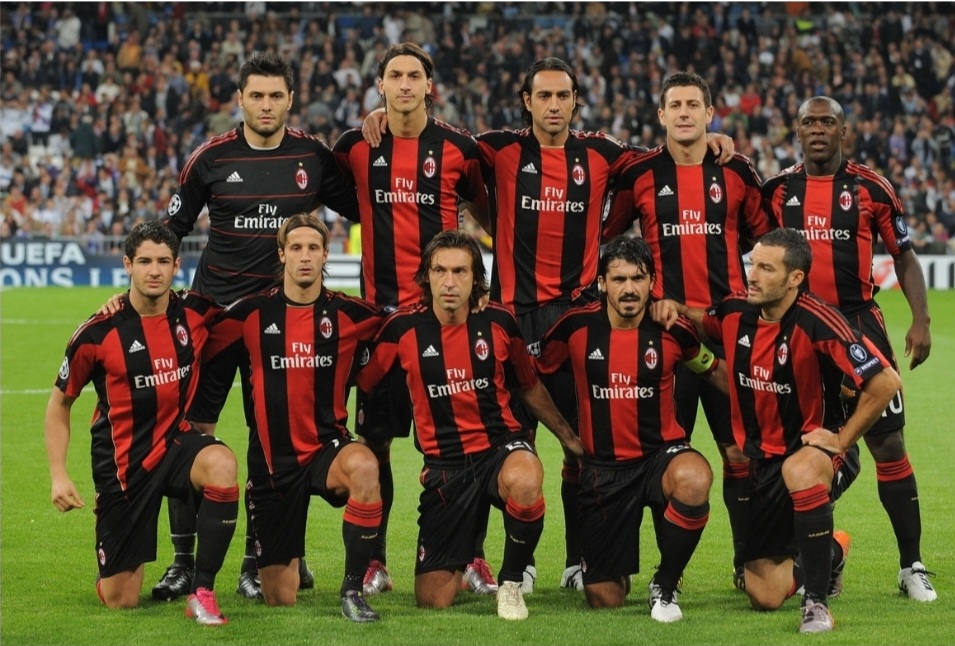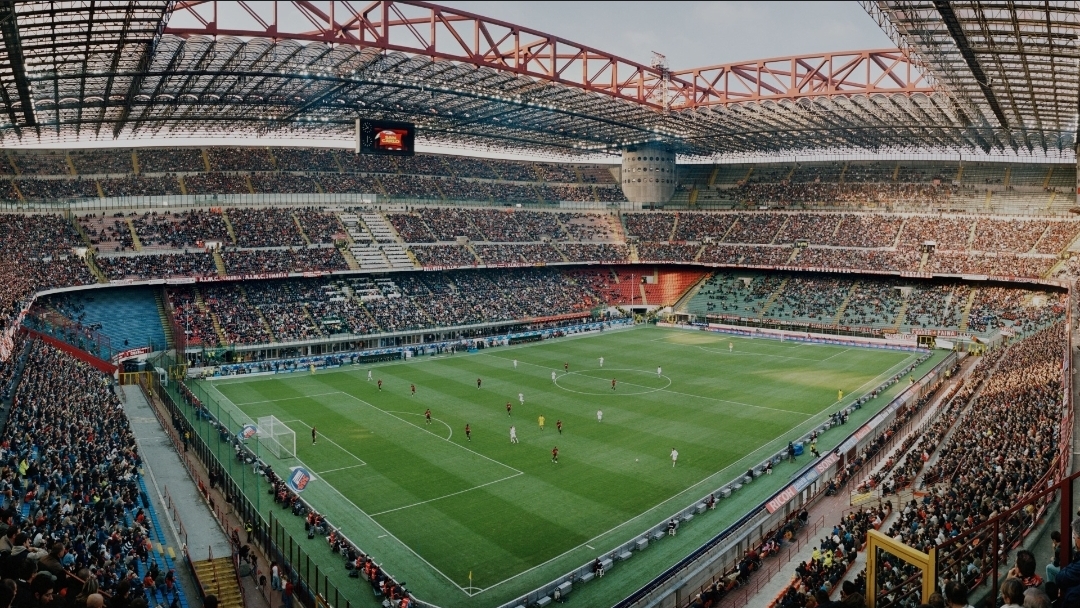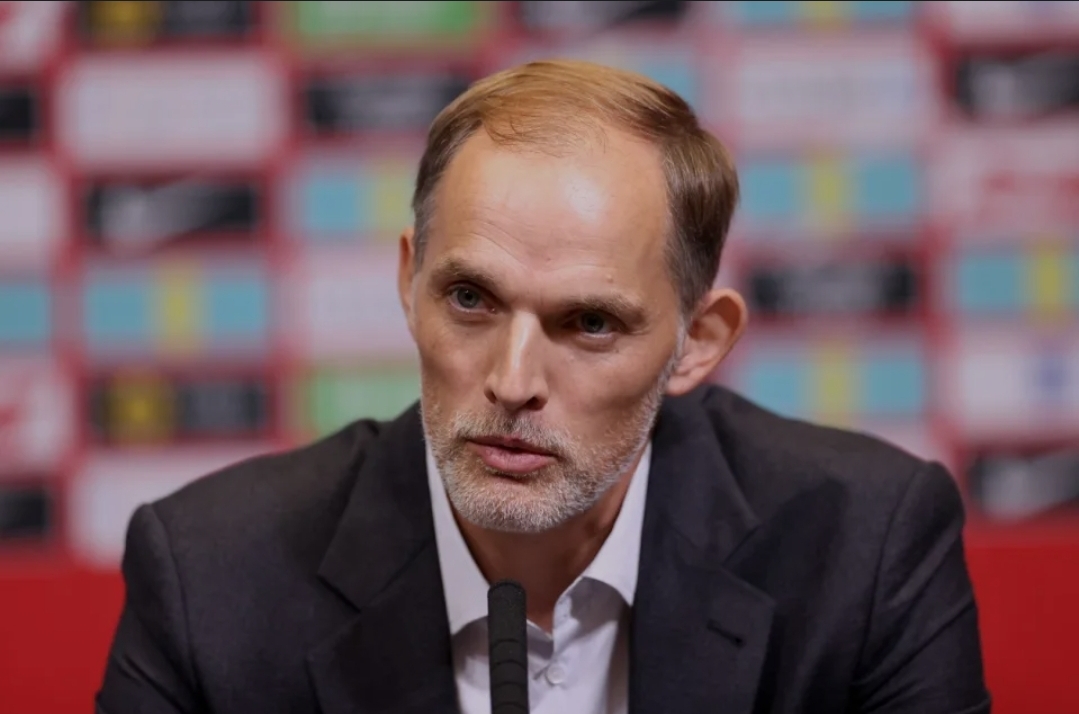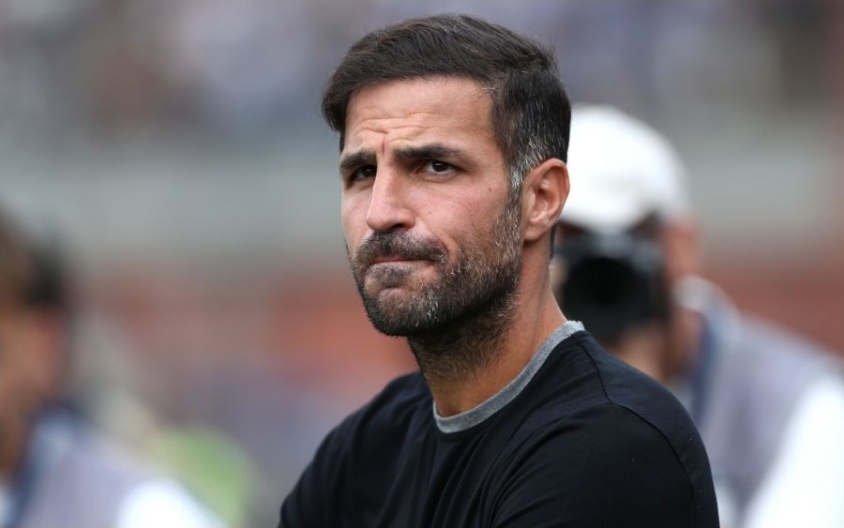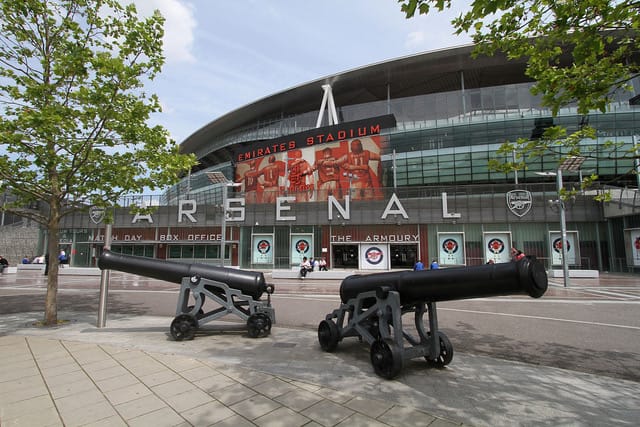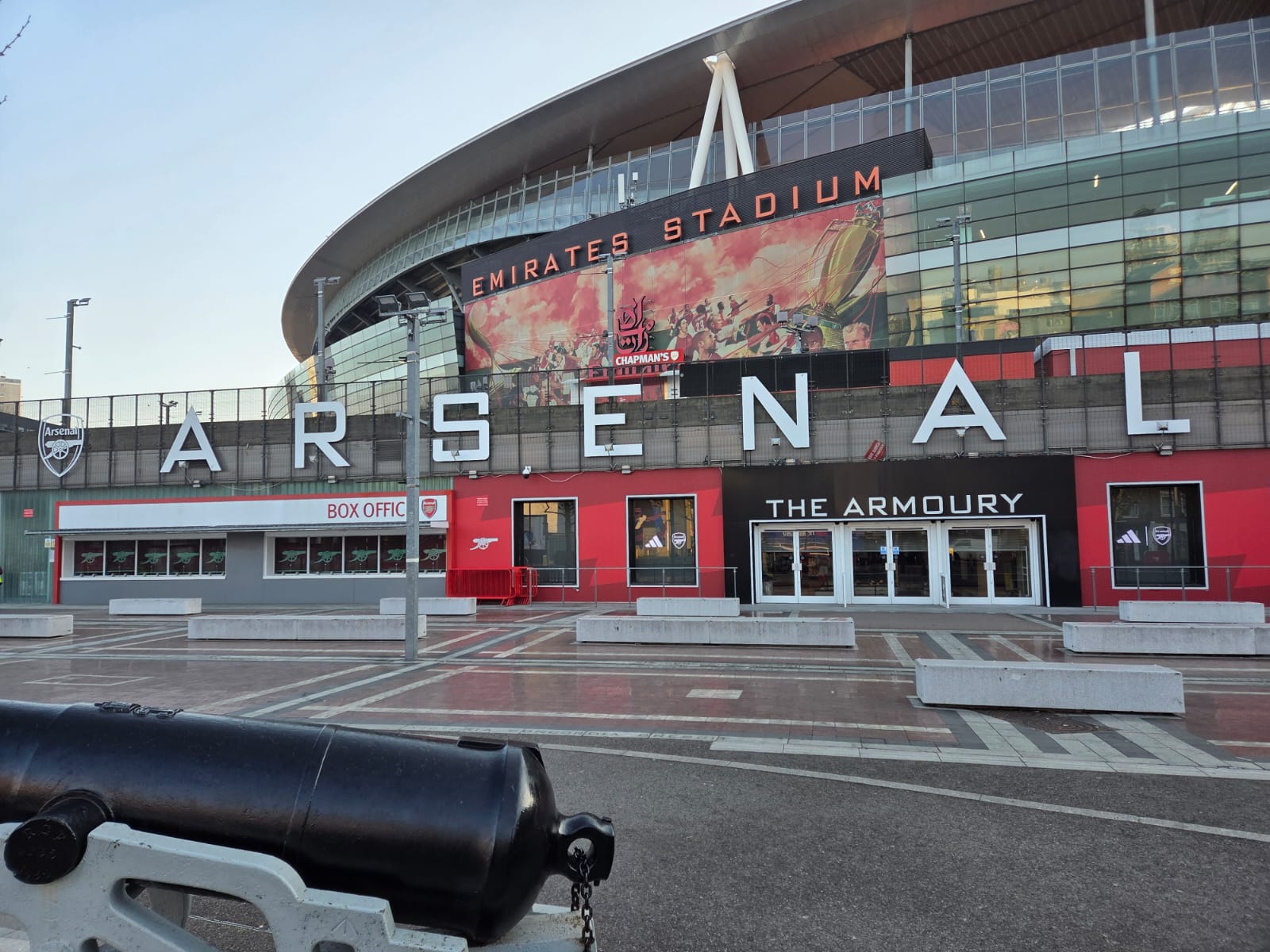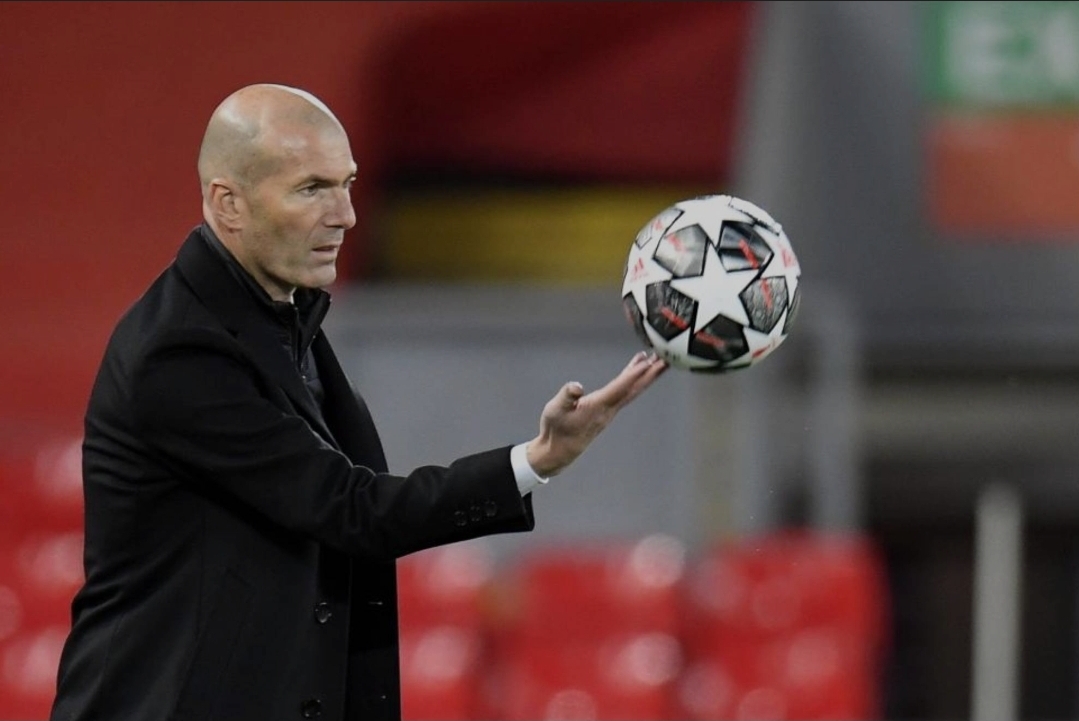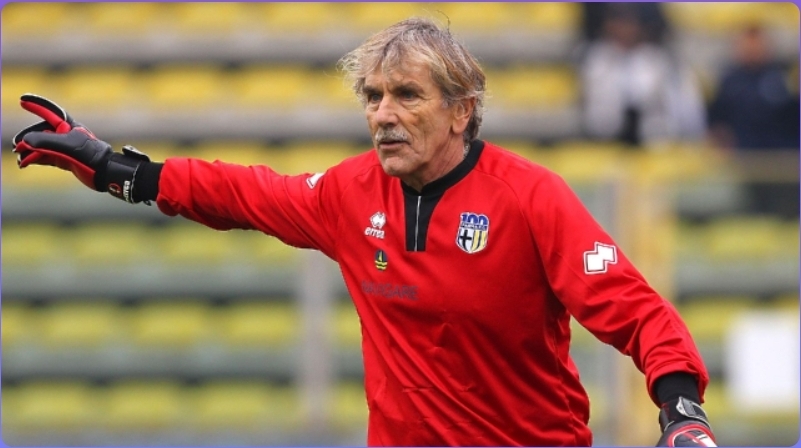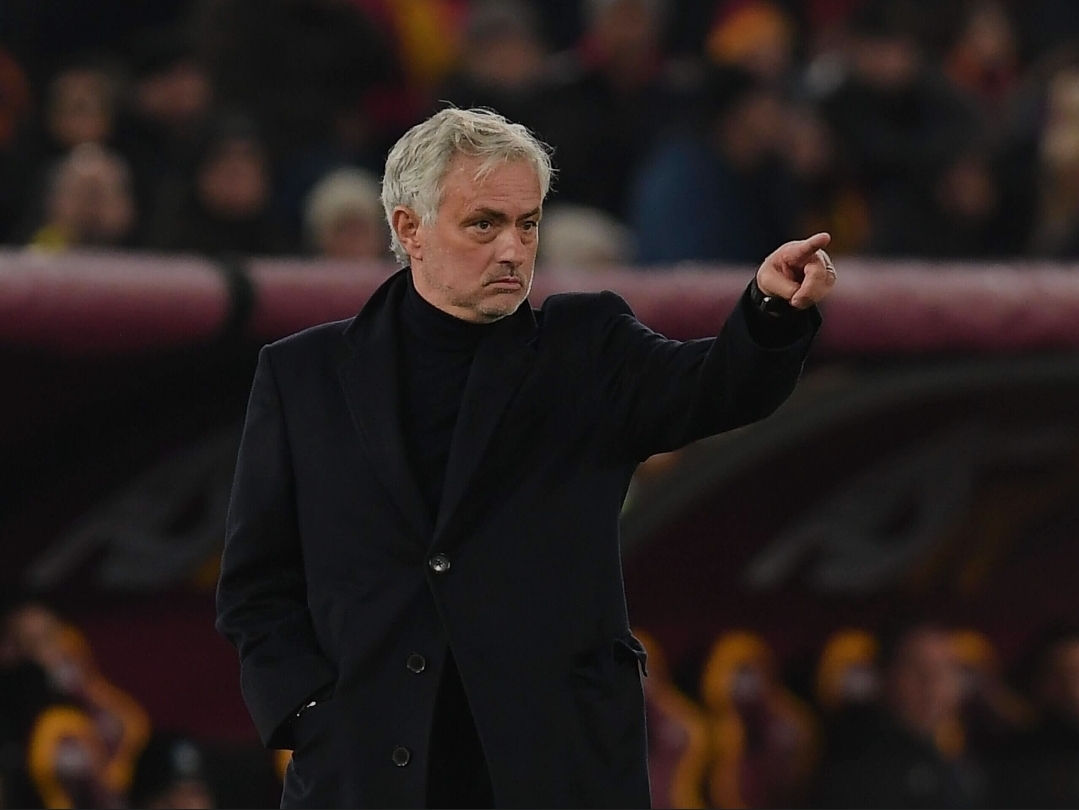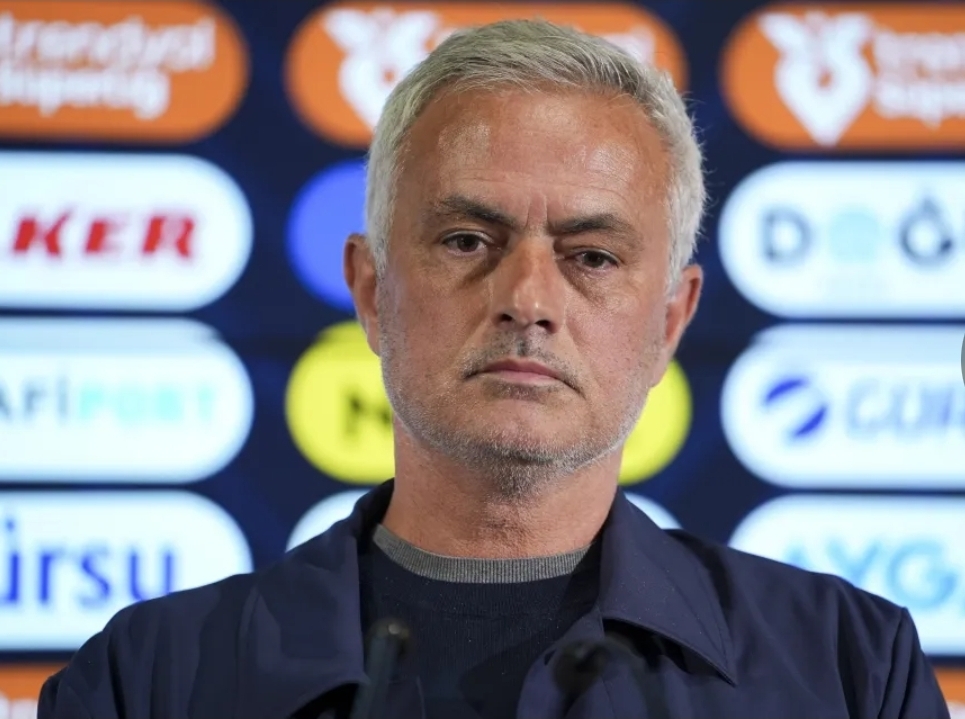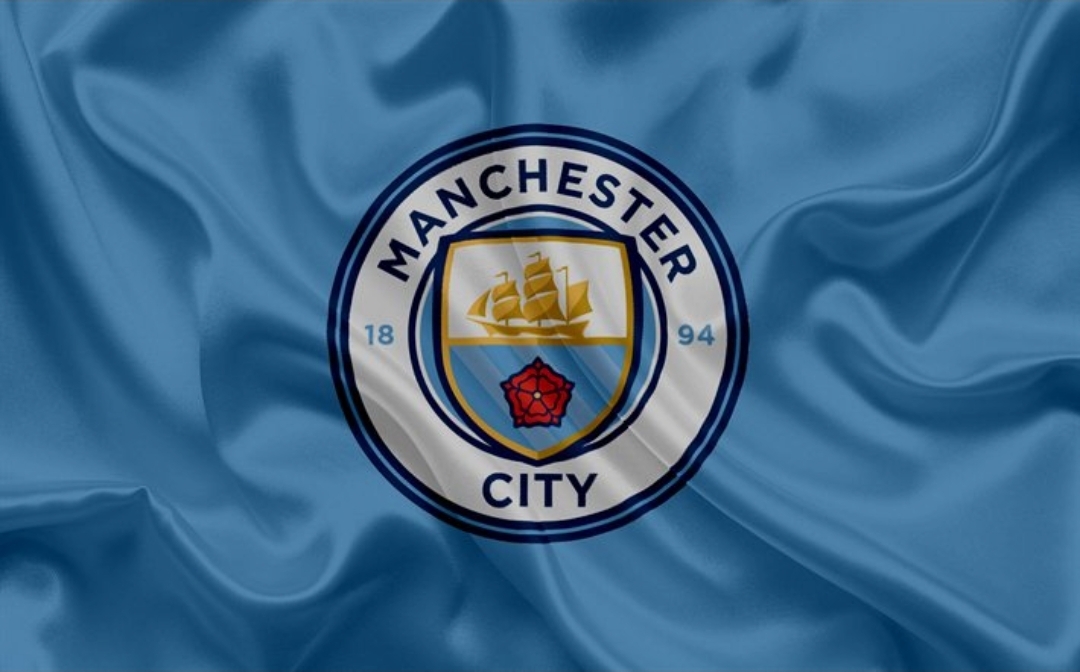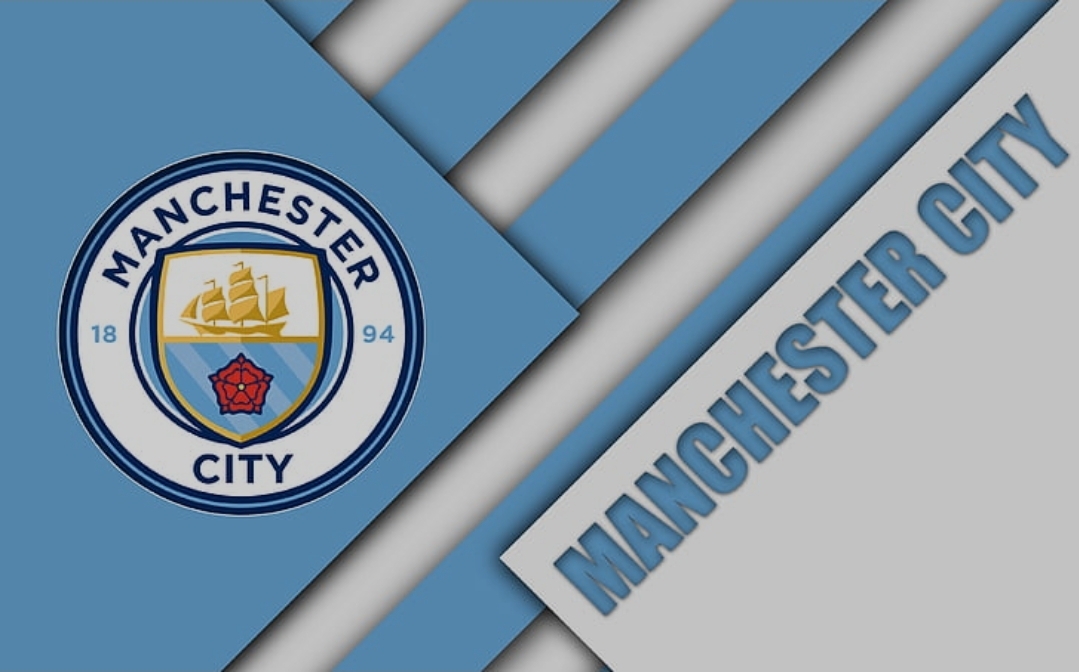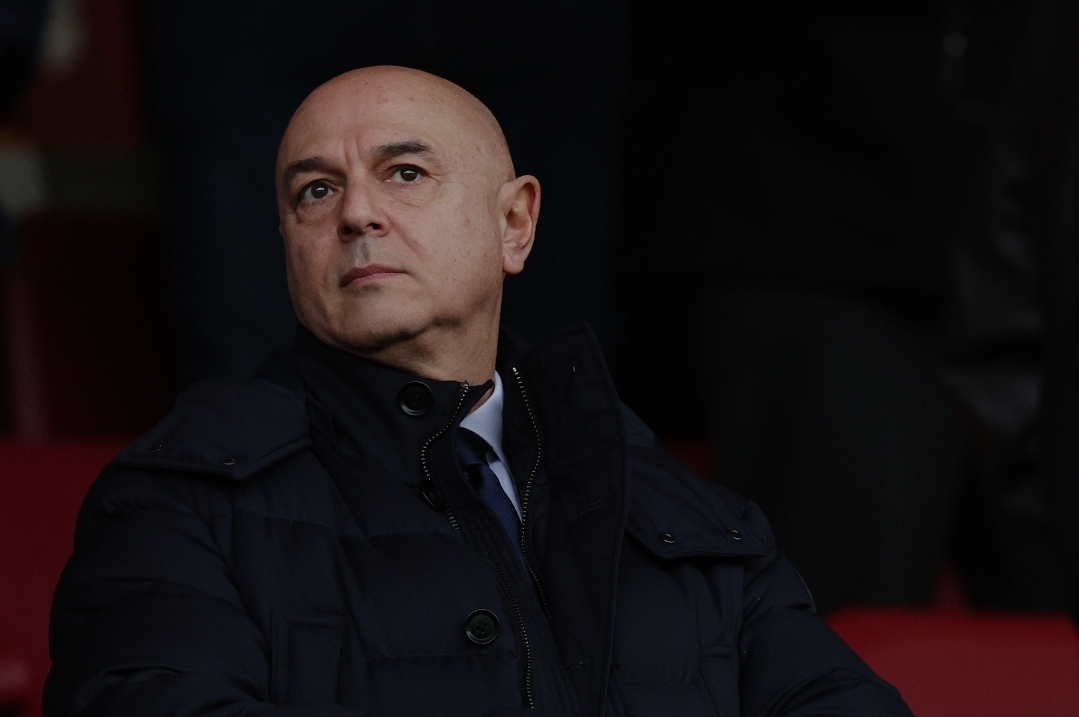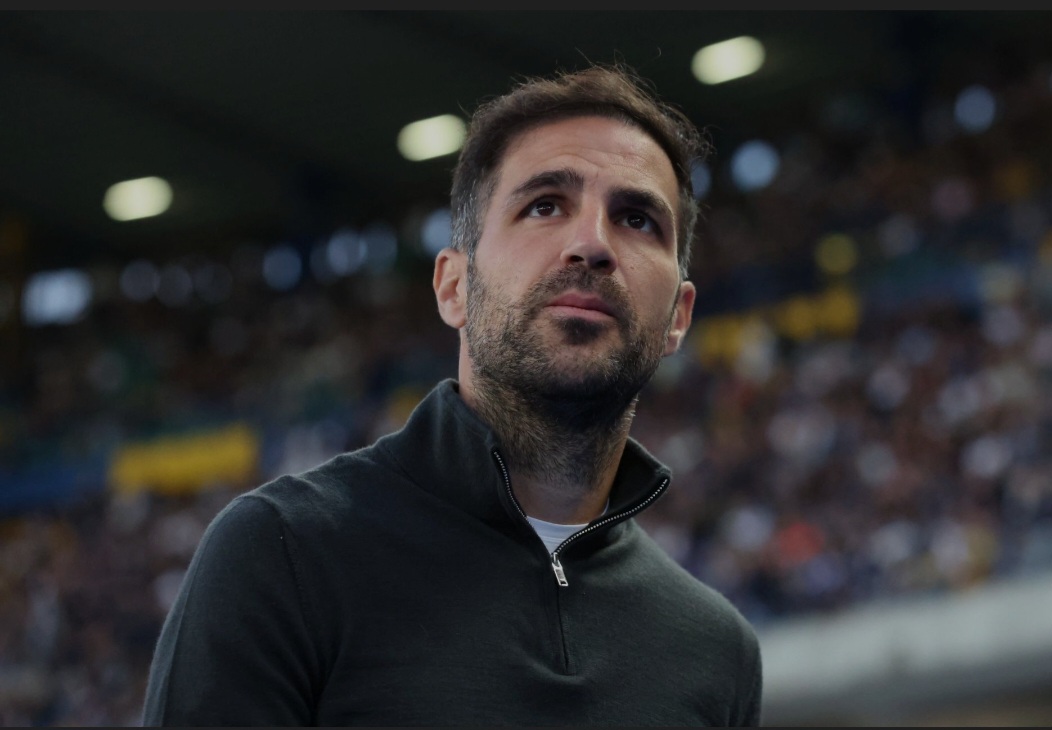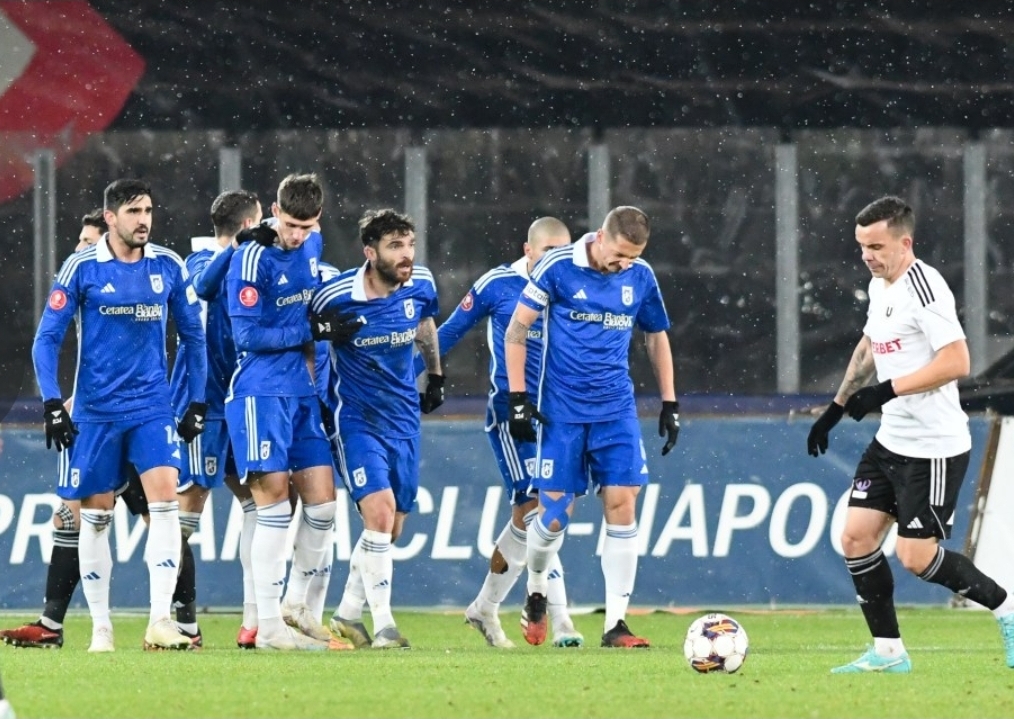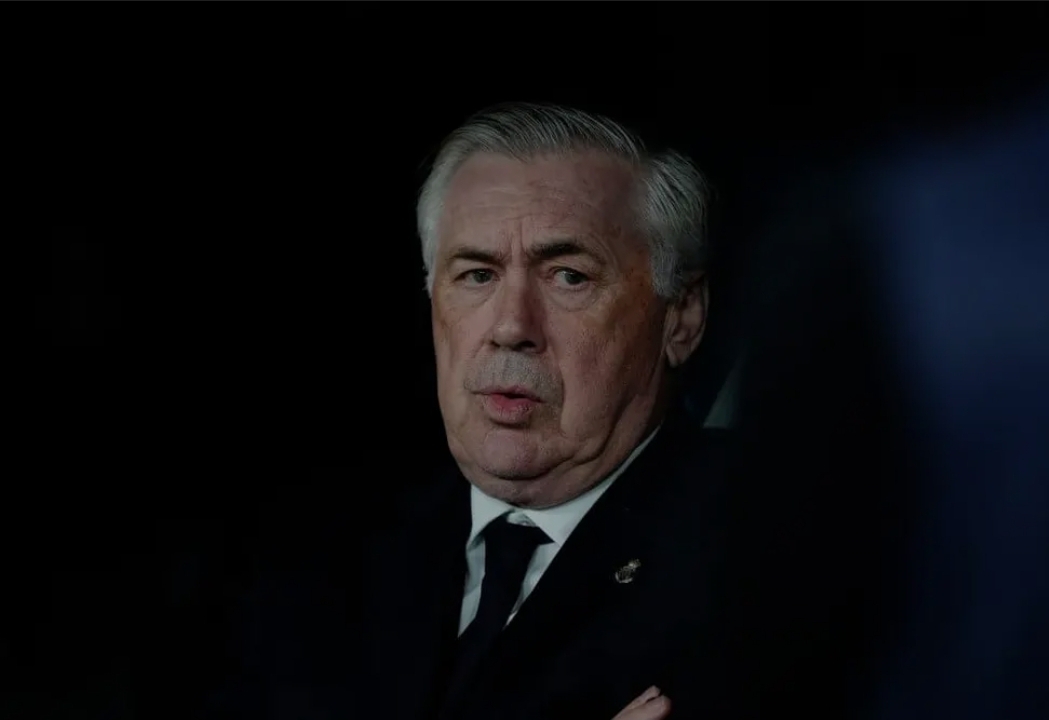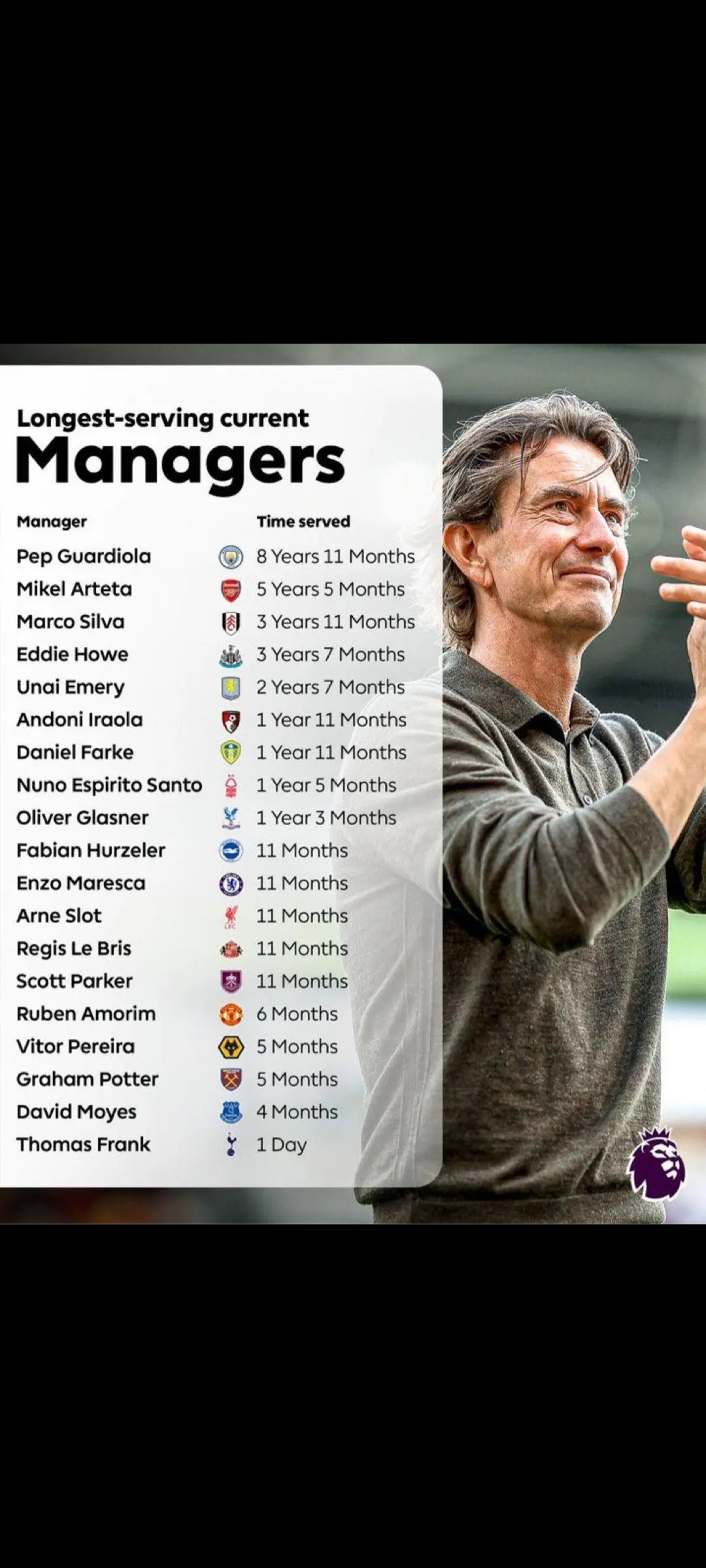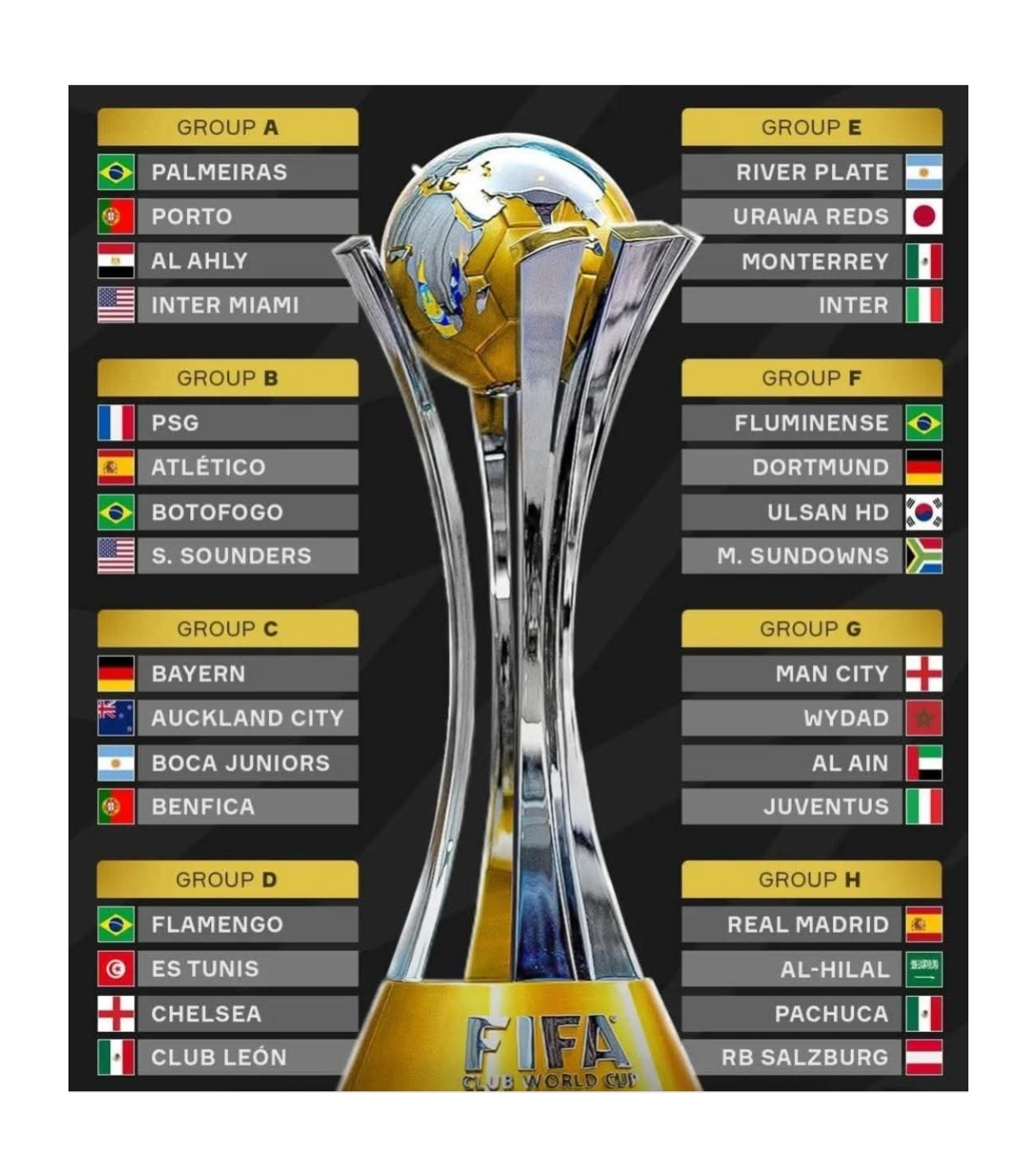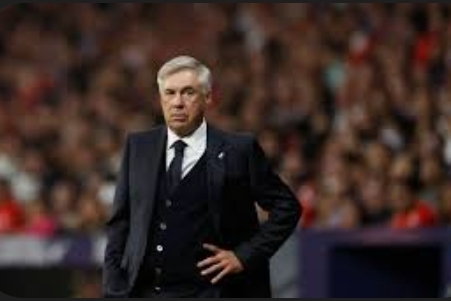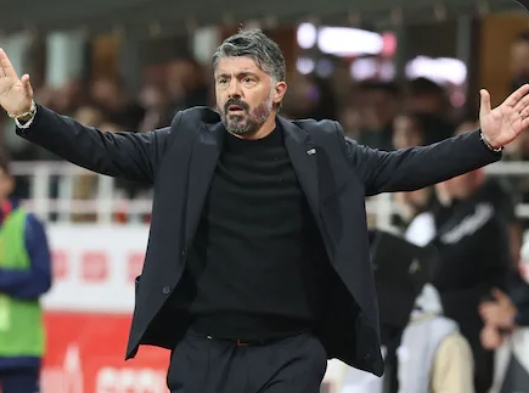
The Passion and Grit of Gennaro Gattuso: Embodying Italian Football’s Spirit
Gennaro Gattuso, a name synonymous with passion and grit, stands as a symbol of Italian football’s indomitable spirit. Known for his tenacity on the field, Gattuso’s career is a testament to the values that have long defined Italian football: resilience, determination, and an unwavering commitment to the game. As a player, Gattuso was not the most technically gifted, yet his influence on the pitch was undeniable. His ability to disrupt the opposition’s play and his relentless energy made him an indispensable asset to both his club and the national team. Transitioning from his early days at Perugia to his illustrious tenure at AC Milan, Gattuso’s journey was marked by a series of defining moments that showcased his unique brand of leadership.
At AC Milan, Gattuso formed a formidable midfield partnership with the likes of Andrea Pirlo and Clarence Seedorf. While Pirlo orchestrated the play with his vision and finesse, Gattuso provided the steel and determination that balanced the team’s dynamics. This synergy was instrumental in Milan’s domestic and international successes, including their triumphs in the UEFA Champions League. Gattuso’s role was often that of an enforcer, breaking up attacks and providing a protective shield for the defense. However, his contributions extended beyond mere physicality; his presence on the field galvanized his teammates, inspiring them to elevate their performances.
Moreover, Gattuso’s international career with the Italian national team further solidified his status as a symbol of Italian football. His participation in the 2006 FIFA World Cup was particularly noteworthy. Italy’s victory in the tournament was a culmination of collective effort, yet Gattuso’s relentless work rate and tactical intelligence were pivotal in their success. His performances throughout the competition exemplified the quintessential Italian approach to football, characterized by tactical discipline and a never-say-die attitude. This victory not only etched Gattuso’s name in the annals of football history but also reinforced the global perception of Italian football as a blend of artistry and grit.
Transitioning from player to manager, Gattuso has continued to embody the spirit of Italian football. His managerial career, which includes stints at clubs like AC Milan and Napoli, reflects his deep understanding of the game and his ability to motivate players. While his managerial style is still evolving, the core principles that defined his playing career—passion, discipline, and resilience—remain evident. Gattuso’s approach to management is a reflection of his playing days, emphasizing hard work and a collective team ethos.
In conclusion, Gennaro Gattuso’s legacy in Italian football is characterized by his passion and grit, qualities that have endeared him to fans and peers alike. His career, both as a player and a manager, serves as a reminder of the values that underpin Italian football. Gattuso’s story is not just about individual accolades but about the embodiment of a footballing philosophy that prioritizes heart and determination. As Italian football continues to evolve, the spirit of Gennaro Gattuso remains a guiding force, inspiring future generations to embrace the passion and grit that define the beautiful game.
Tactical Evolution: Gennaro Gattuso’s Approach to Modern Football Management
Gennaro Gattuso, a name synonymous with tenacity and passion on the football pitch, has transitioned from a formidable player to a tactically astute manager. His journey in football management has been marked by a continuous evolution of his tactical approach, reflecting a deep understanding of the modern game. Gattuso’s managerial career began with modest roles, but his relentless pursuit of excellence soon saw him rise through the ranks, taking charge of prominent clubs in Europe. His approach to management is deeply rooted in the principles that defined his playing career: discipline, hard work, and an unyielding commitment to the team’s success.
Initially, Gattuso’s tactical philosophy was heavily influenced by his experiences as a player under some of the most respected managers in football. His early managerial stints were characterized by a focus on defensive solidity and physicality, reminiscent of his own playing style. However, as he gained more experience, Gattuso began to adapt his tactics to align with the demands of modern football, which increasingly emphasizes fluidity, versatility, and attacking prowess. This evolution is evident in his tenure at clubs like AC Milan and Napoli, where he demonstrated a willingness to embrace new ideas and integrate them into his tactical framework.
One of the key aspects of Gattuso’s tactical evolution is his emphasis on a balanced approach. While maintaining a strong defensive structure remains a priority, he has increasingly focused on developing a dynamic attacking style. This shift is particularly noticeable in his use of formations that allow for flexibility and adaptability during matches. Gattuso often employs a 4-3-3 or 4-2-3-1 formation, which provides a solid defensive base while enabling quick transitions and fluid attacking movements. This tactical flexibility allows his teams to adapt to different opponents and situations, a crucial aspect of modern football management.
Moreover, Gattuso places significant importance on the role of midfielders in his tactical setup. Recognizing the midfield as the engine room of the team, he emphasizes the need for players who can both defend and initiate attacks. This dual responsibility requires midfielders to possess a high level of technical skill and tactical awareness, qualities that Gattuso actively seeks to develop in his players. His focus on nurturing young talent and instilling in them a strong work ethic is a testament to his commitment to long-term success.
In addition to his tactical acumen, Gattuso’s leadership style plays a pivotal role in his approach to management. Known for his fiery personality and motivational skills, he fosters a strong team spirit and a winning mentality among his players. His ability to inspire and galvanize his team is often cited as a key factor in his managerial success. Gattuso’s emphasis on unity and collective effort resonates with players, creating an environment where everyone is committed to achieving common goals.
In conclusion, Gennaro Gattuso’s approach to modern football management is characterized by a blend of traditional values and innovative tactics. His journey from a tenacious player to a tactically astute manager underscores his adaptability and commitment to evolving with the game. By balancing defensive solidity with attacking flair and fostering a strong team ethos, Gattuso continues to make his mark in the world of football management, demonstrating that his passion for the game extends far beyond the pitch.
Moreover, Gattuso’s managerial journey is marked by his ability to connect with players on a personal level. His leadership style is characterized by honesty and directness, qualities that have earned him respect and loyalty from his players. This personal touch, combined with his tactical insights, has enabled him to foster a positive team environment, crucial for achieving long-term success.
17th of June 2025.
Gennaro Gattuso is currently the head coach of the Italy national football team, having been officially appointed on June 15, 2025, following Luciano Spalletti’s departure.
🎯His mission:
Gattuso’s immediate objective is clear: lead Italy through the upcoming 2026 World Cup qualifiers and secure a place in the tournament, reversing a tough run of form that saw Italy miss the past two World Cups.



